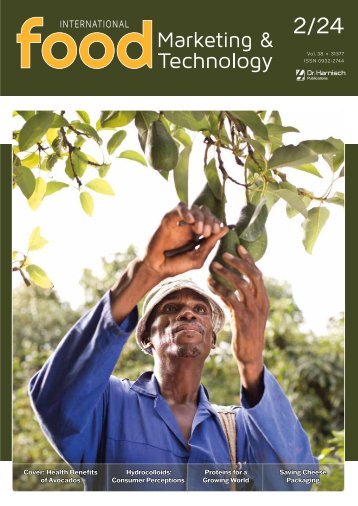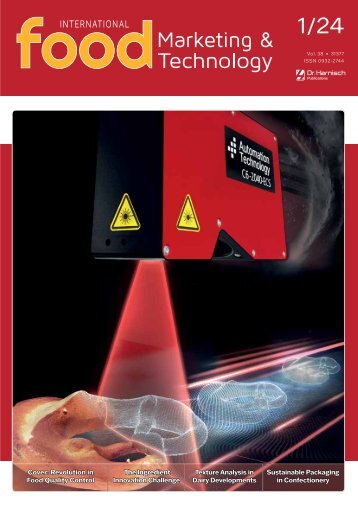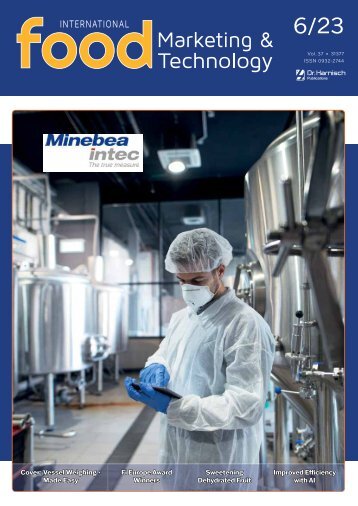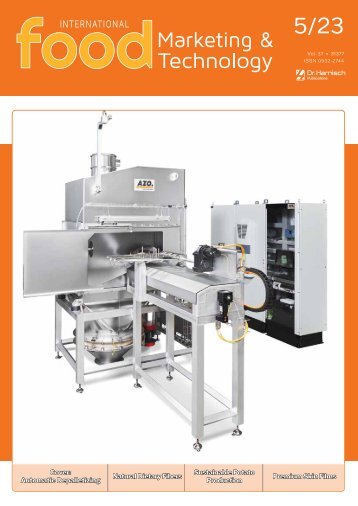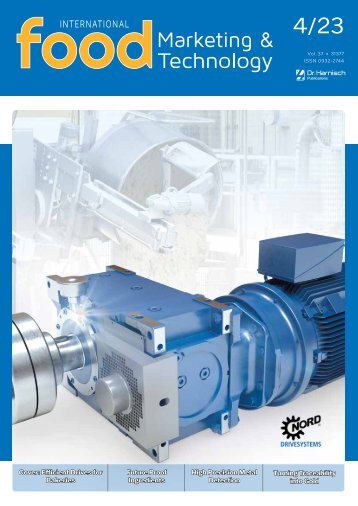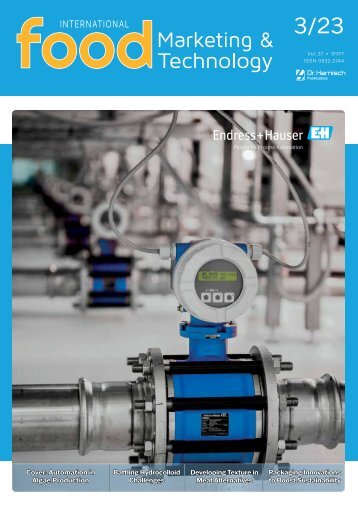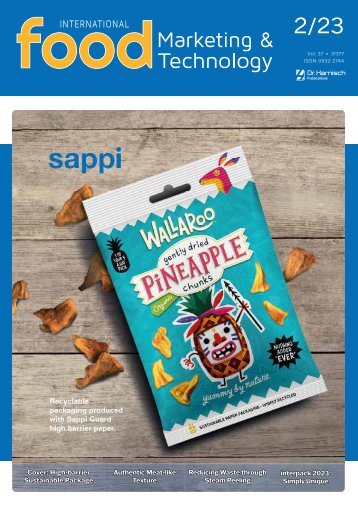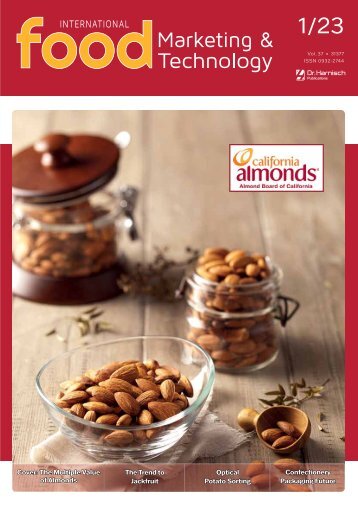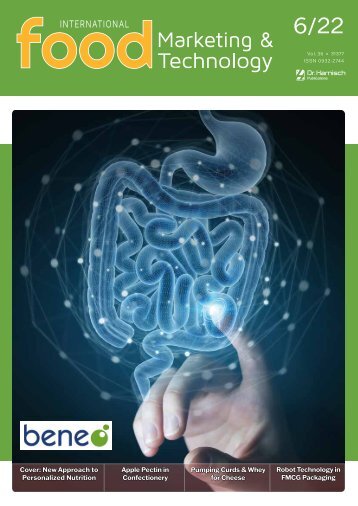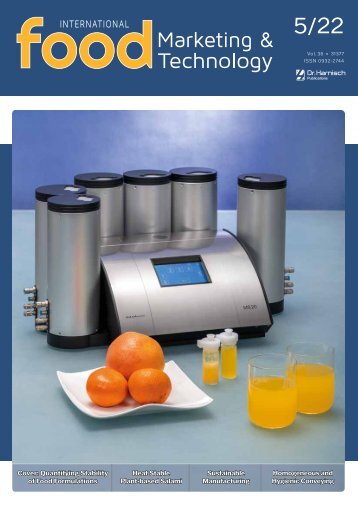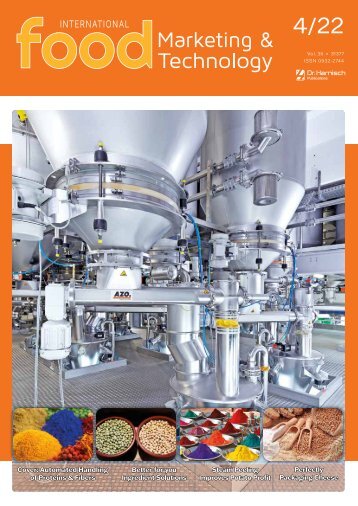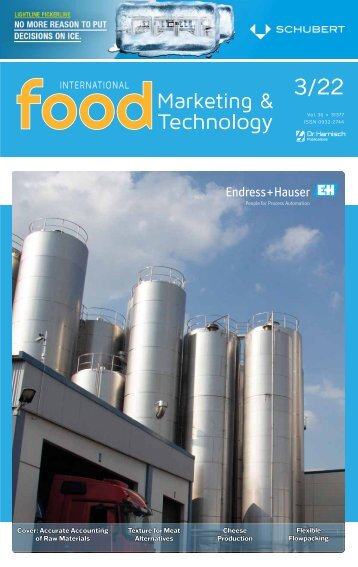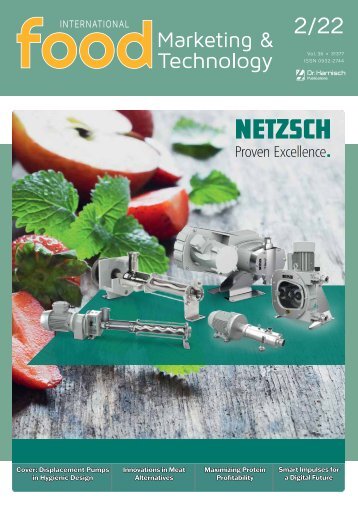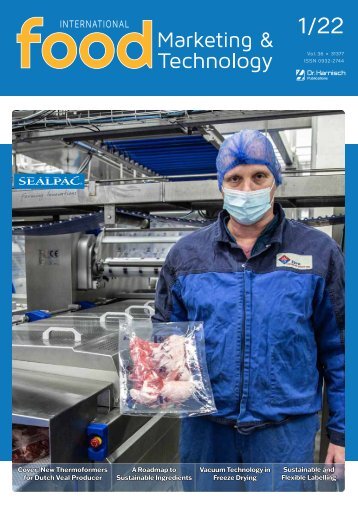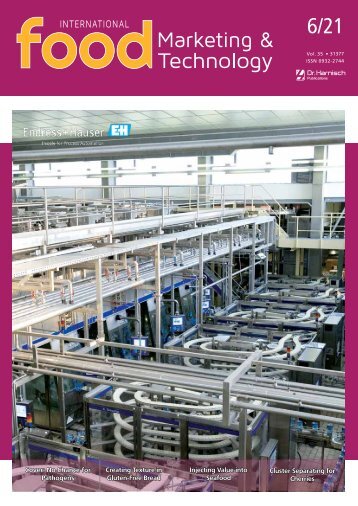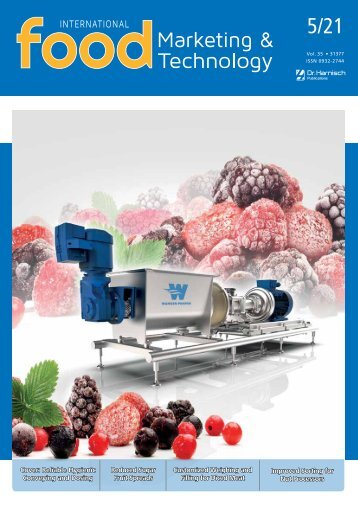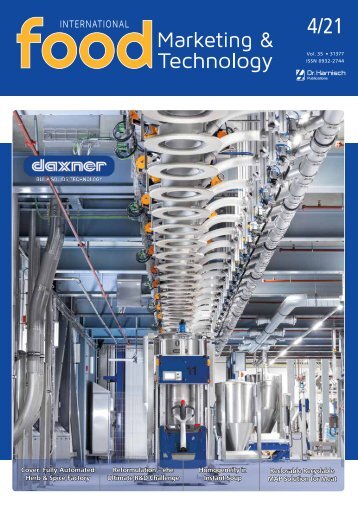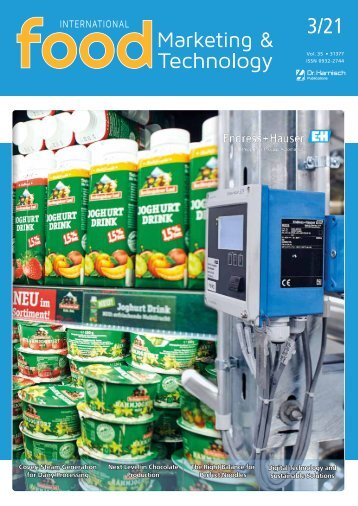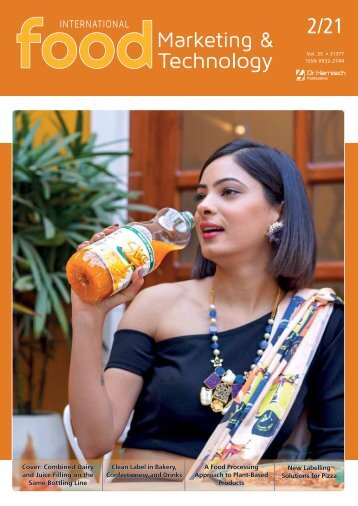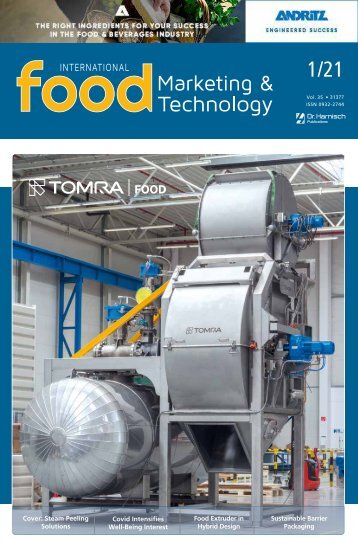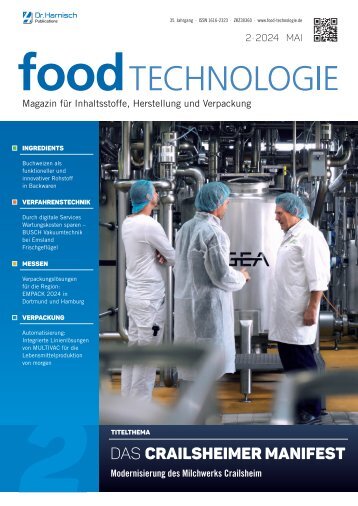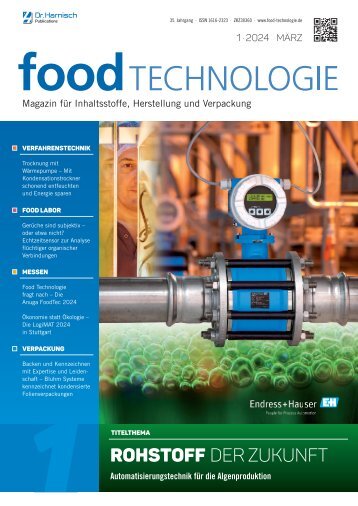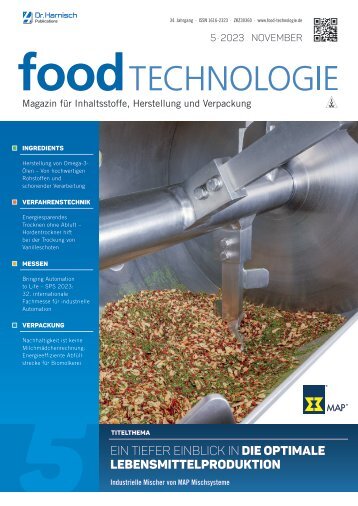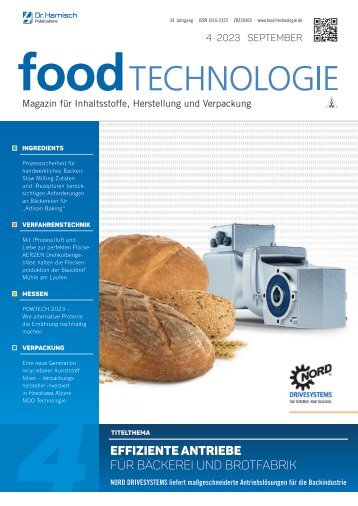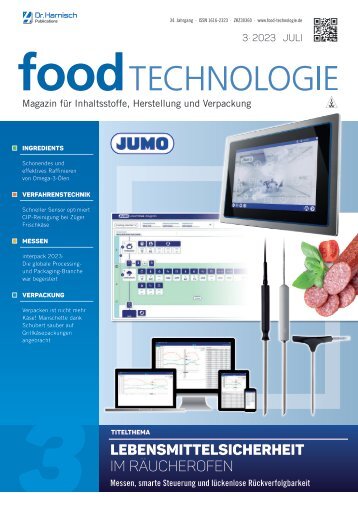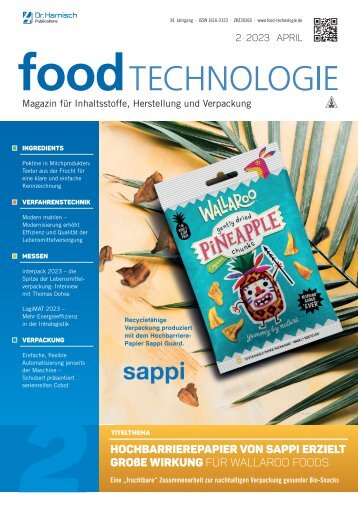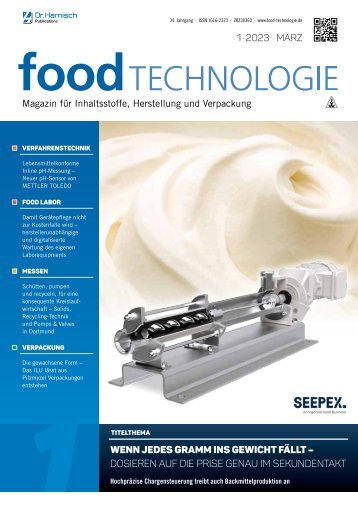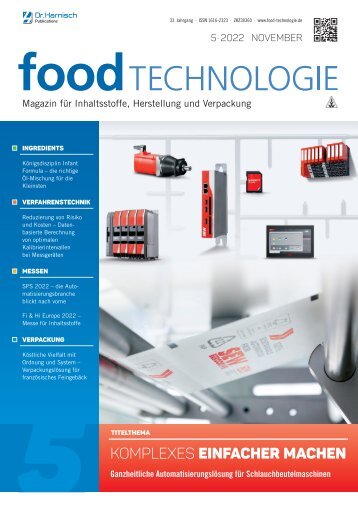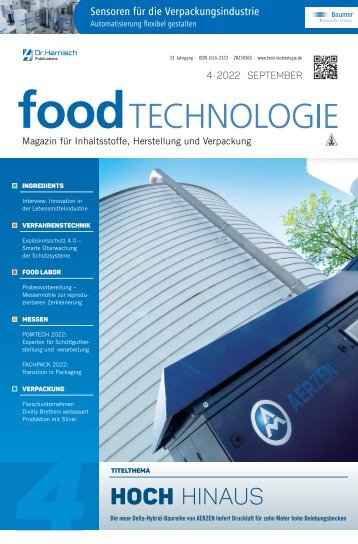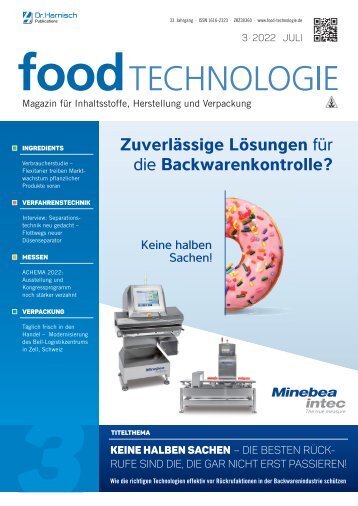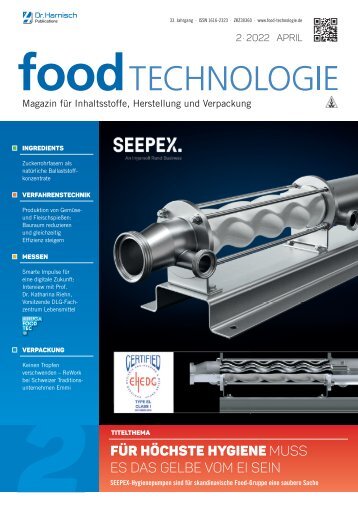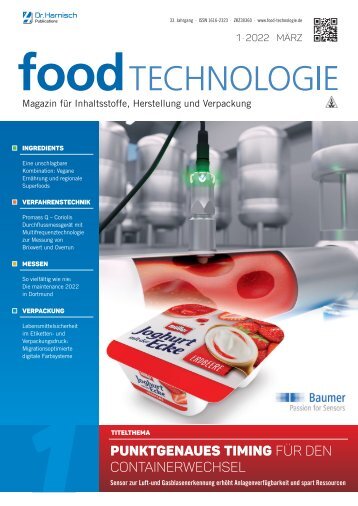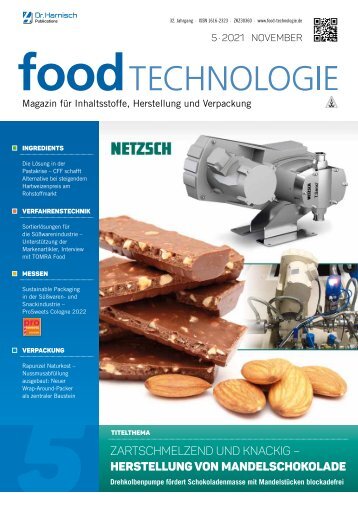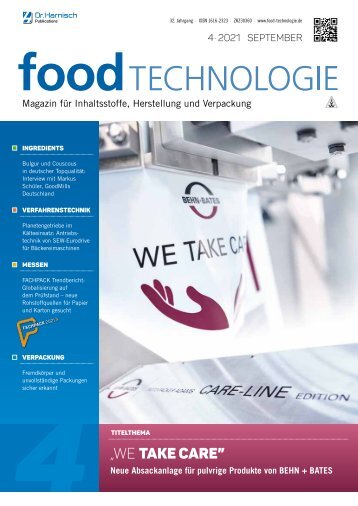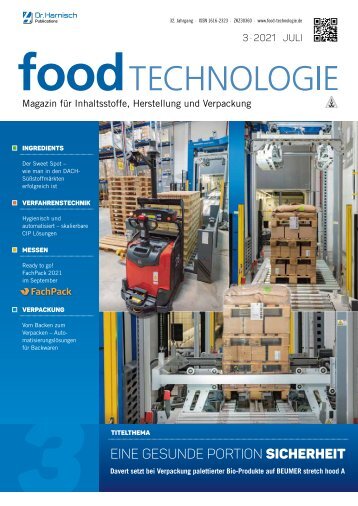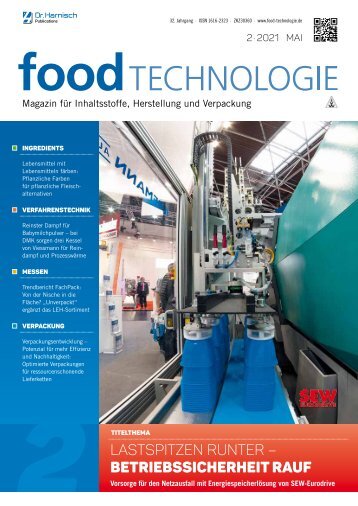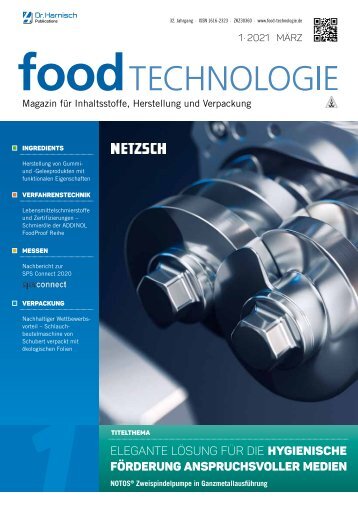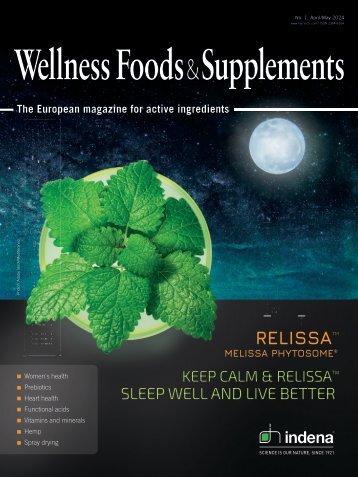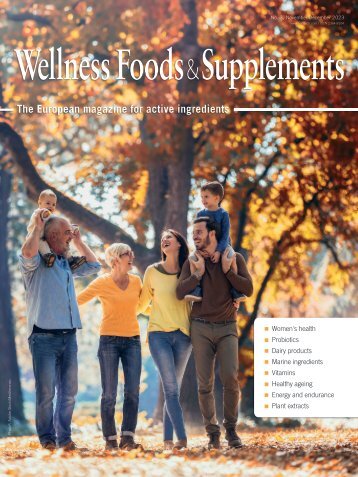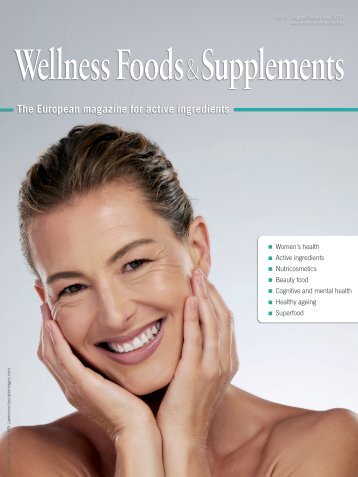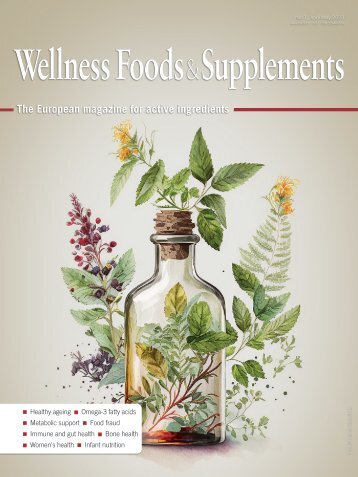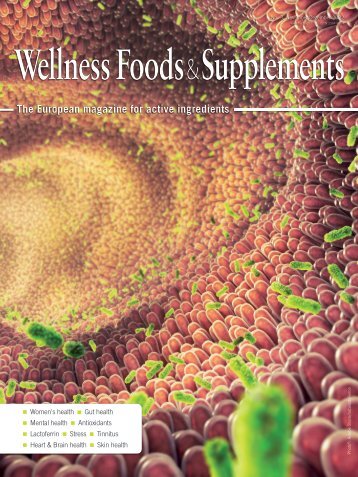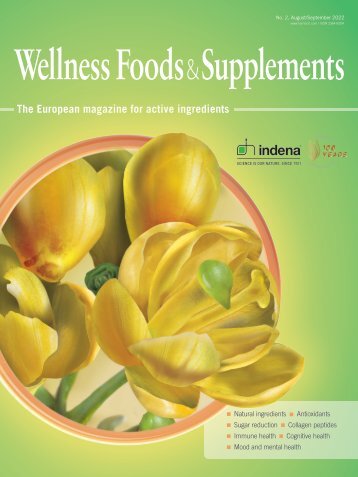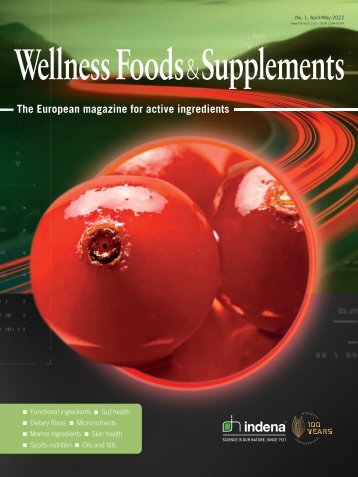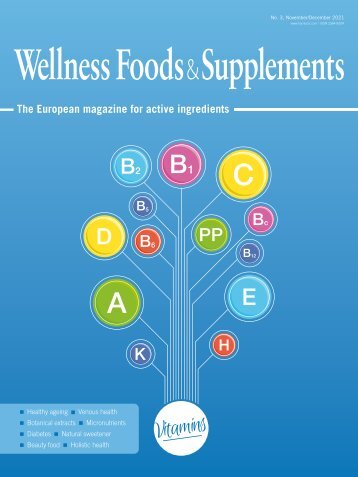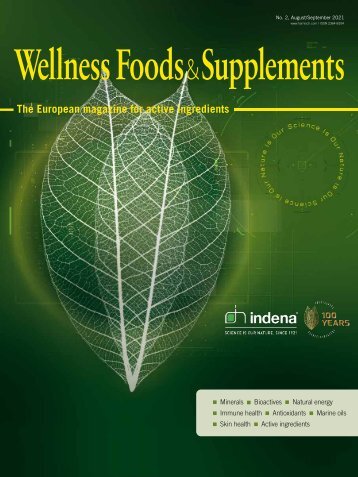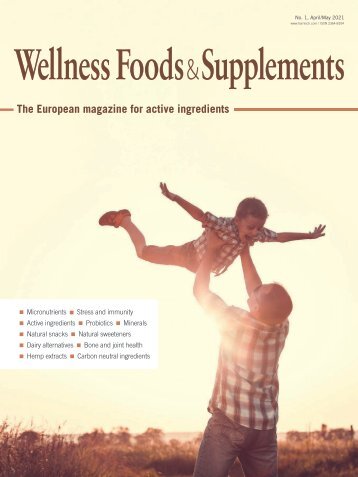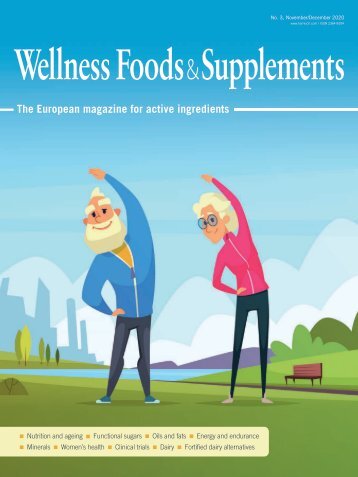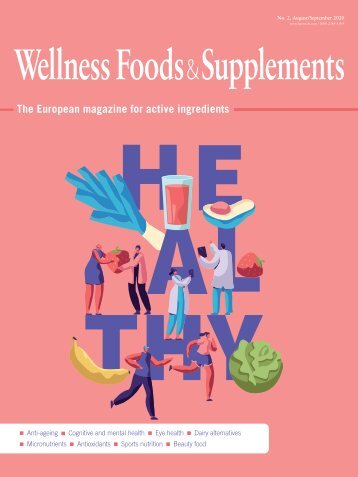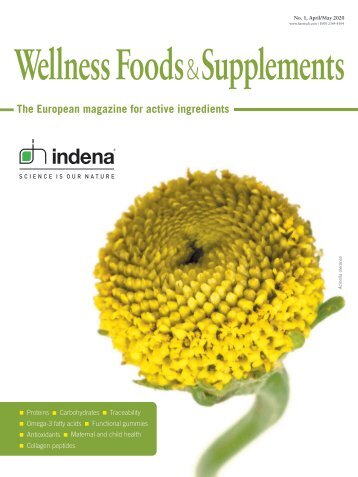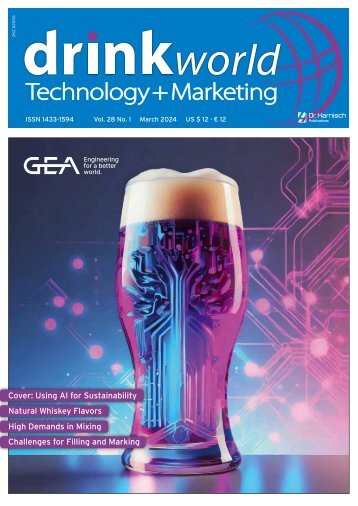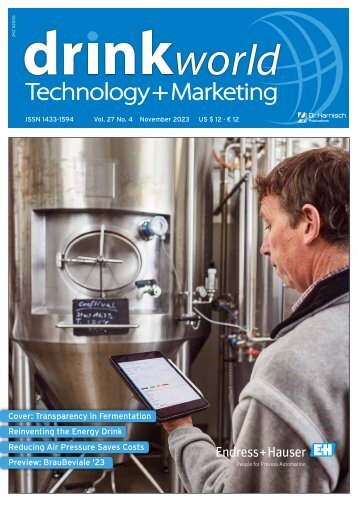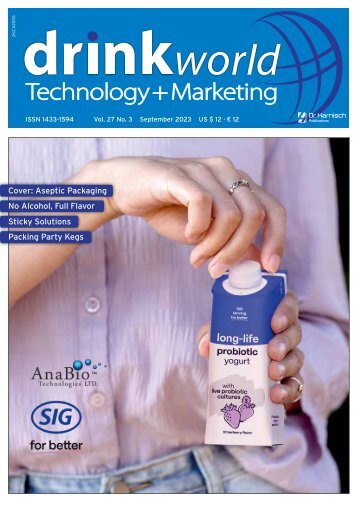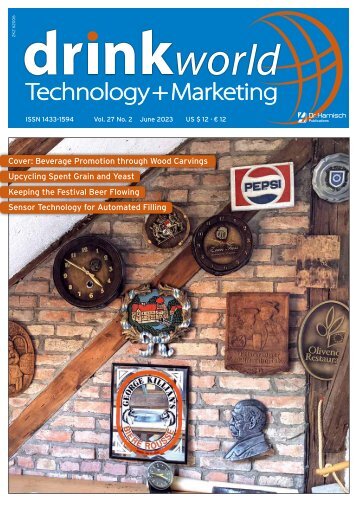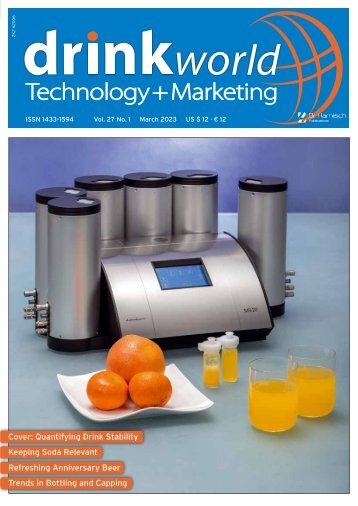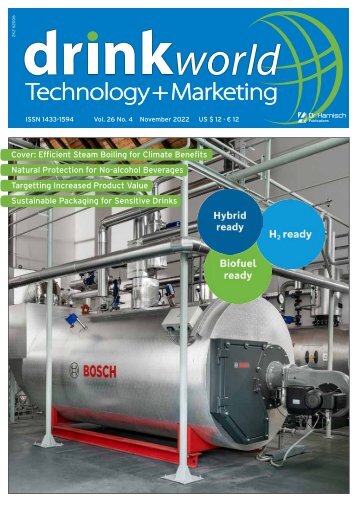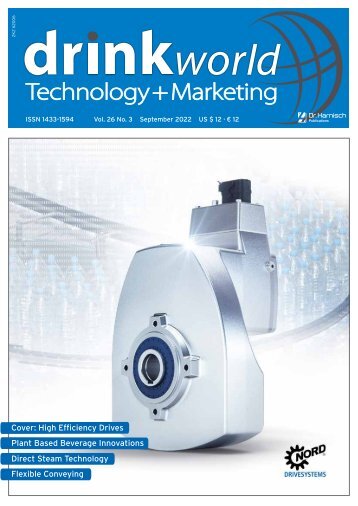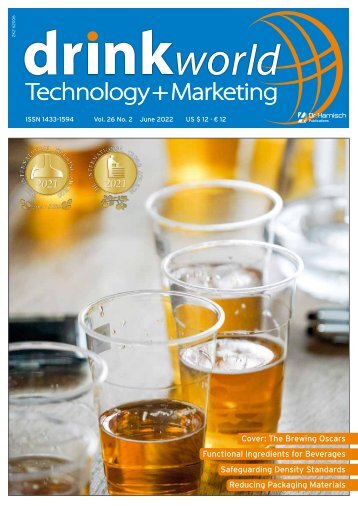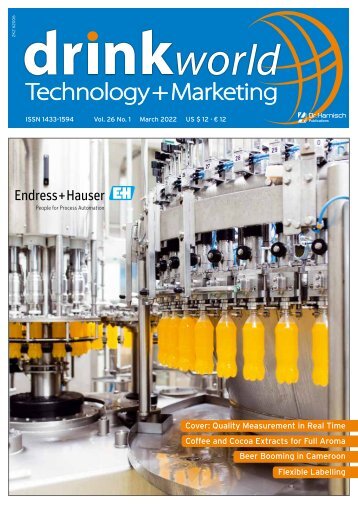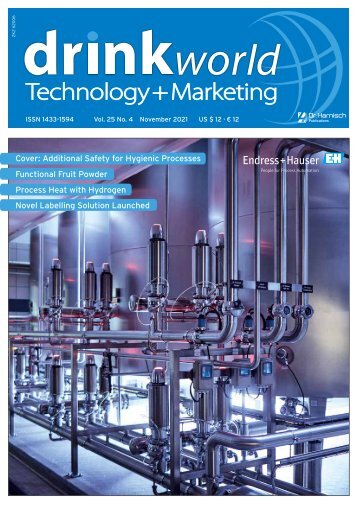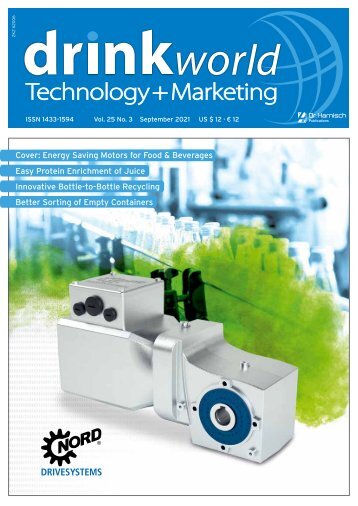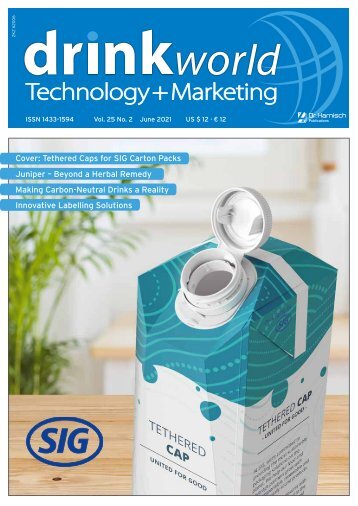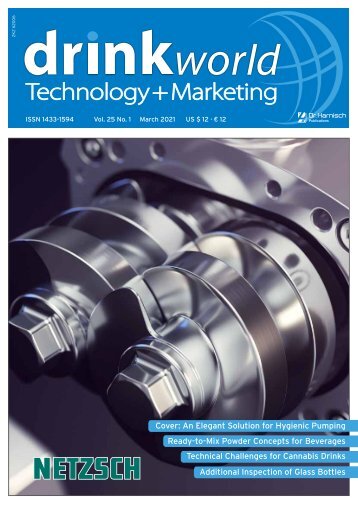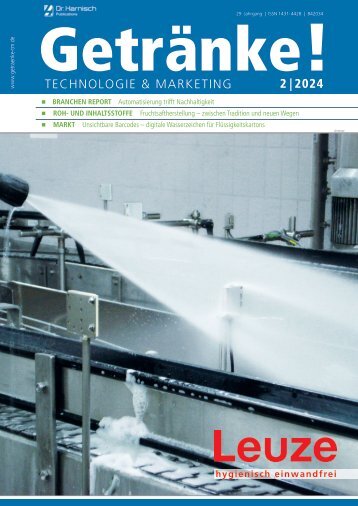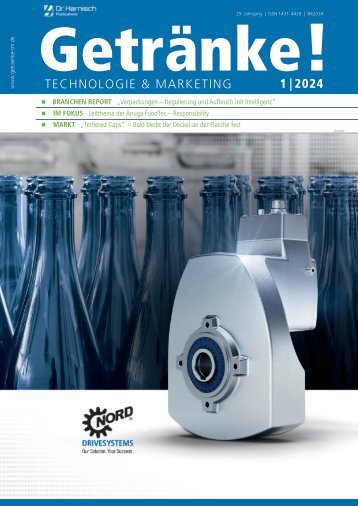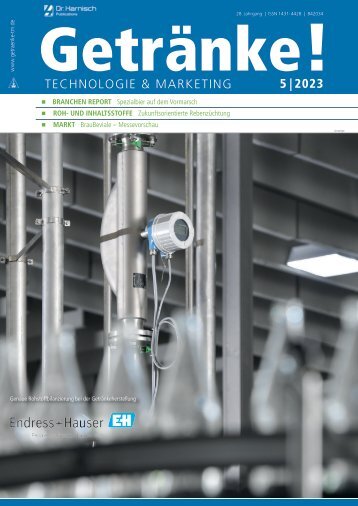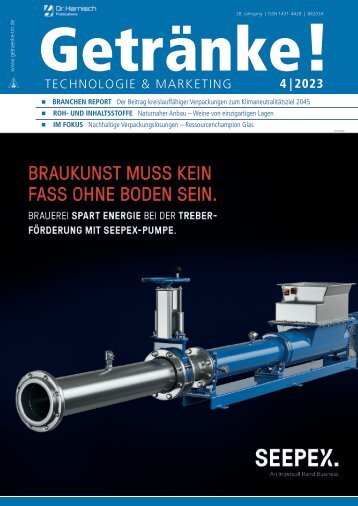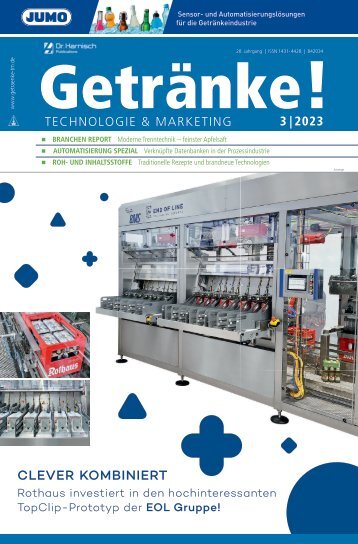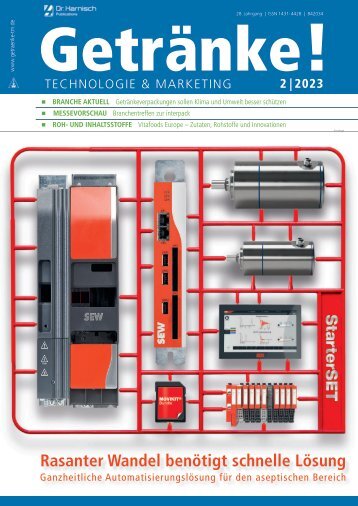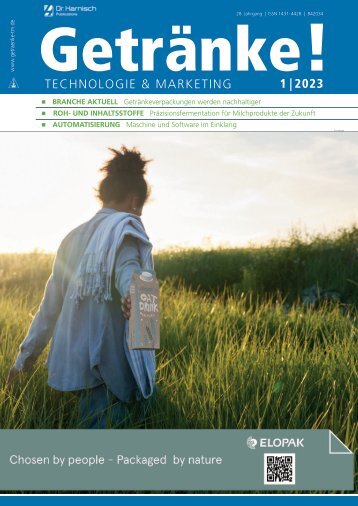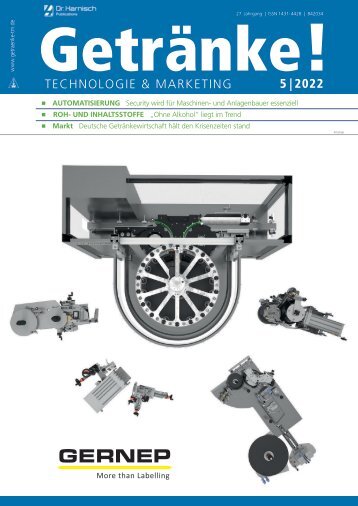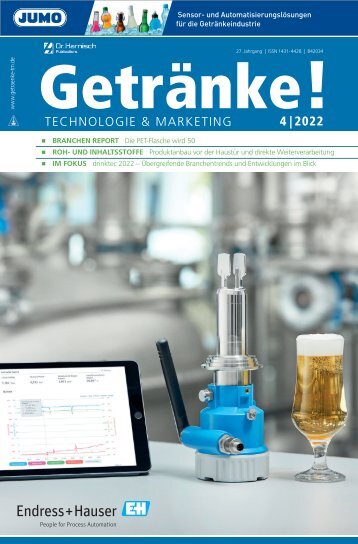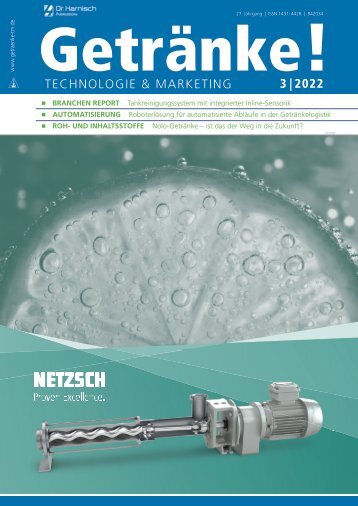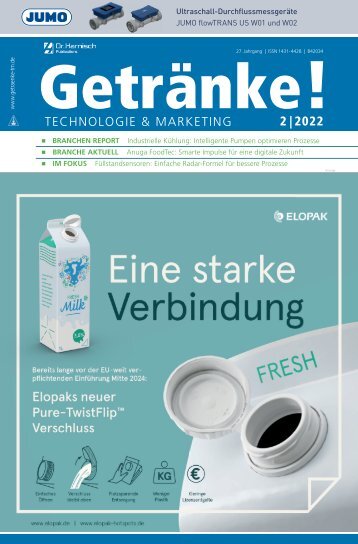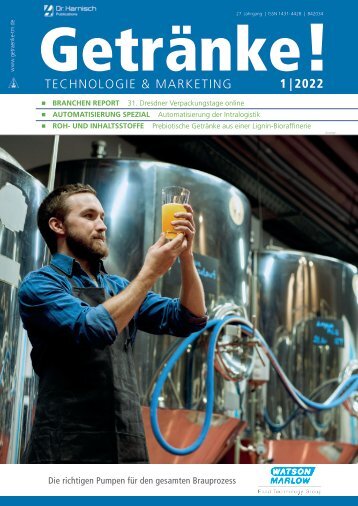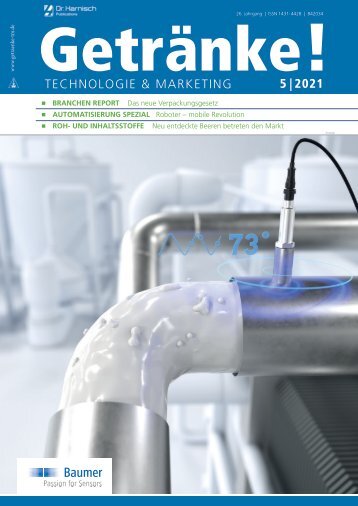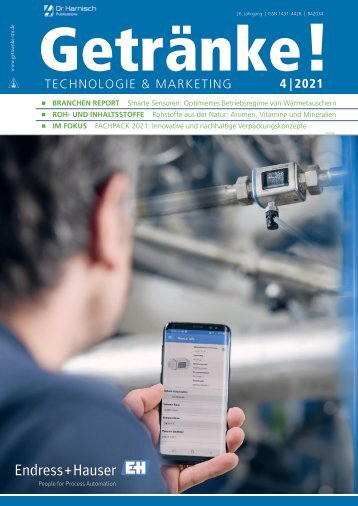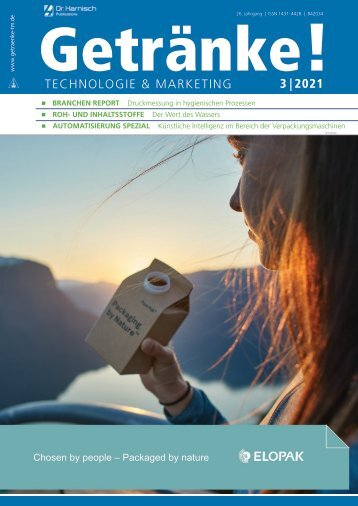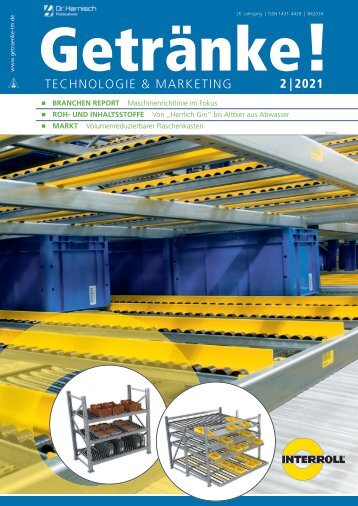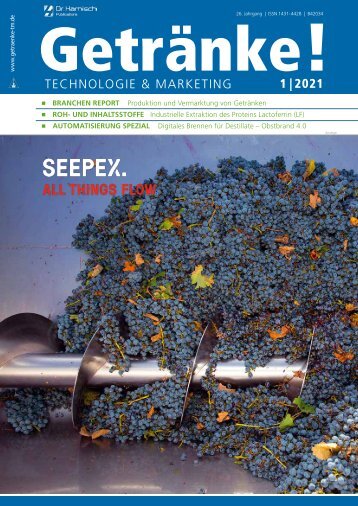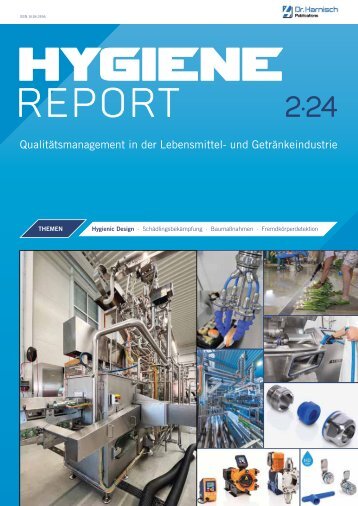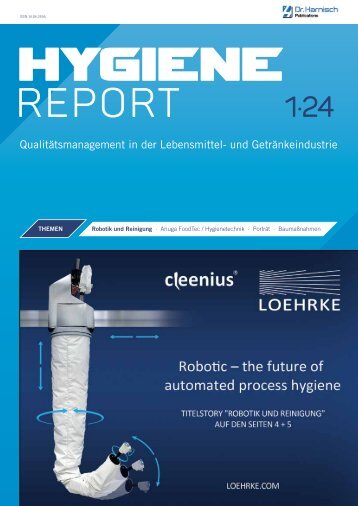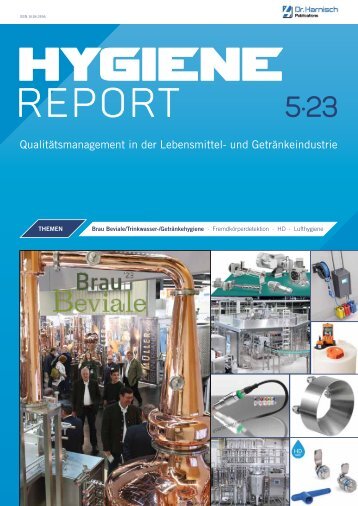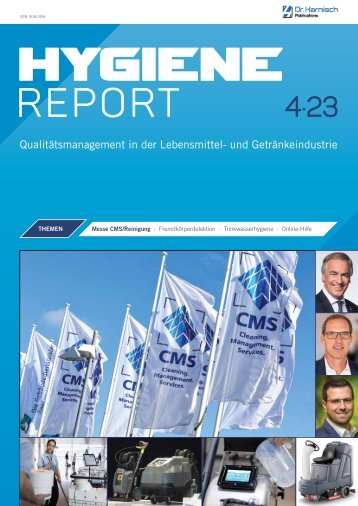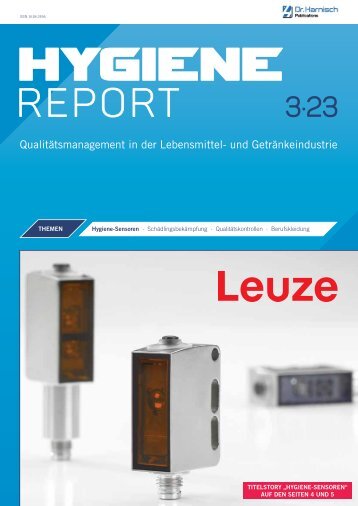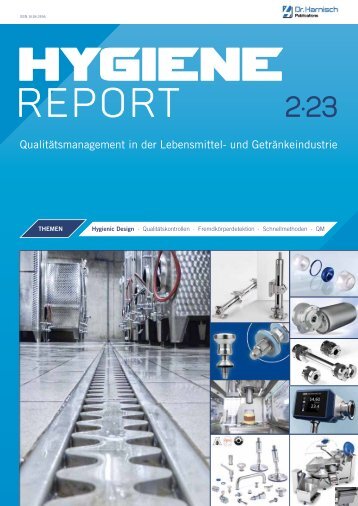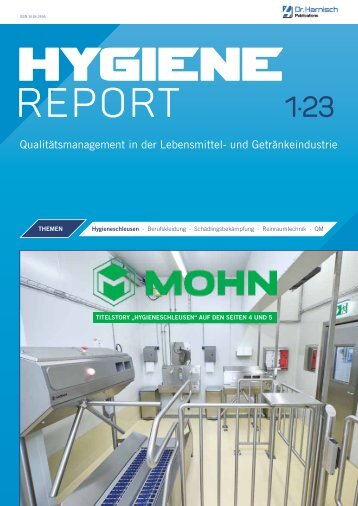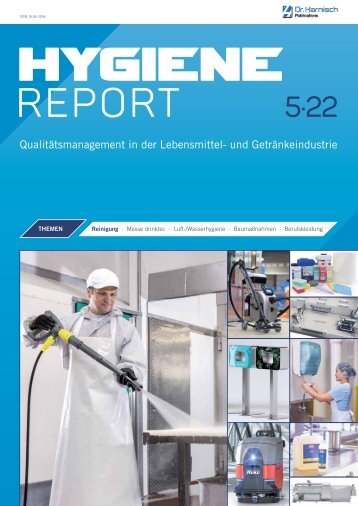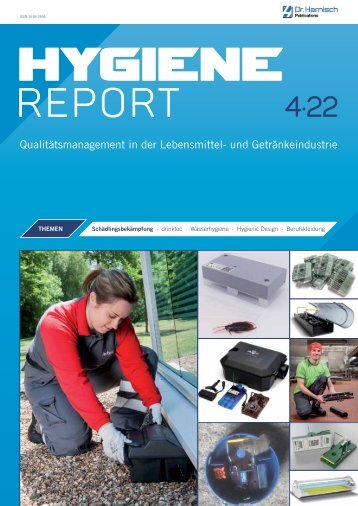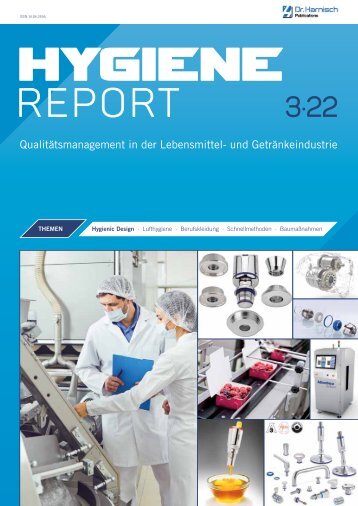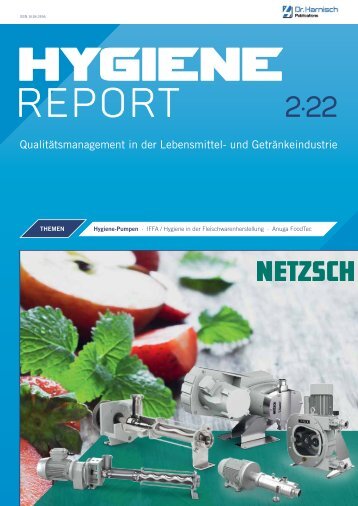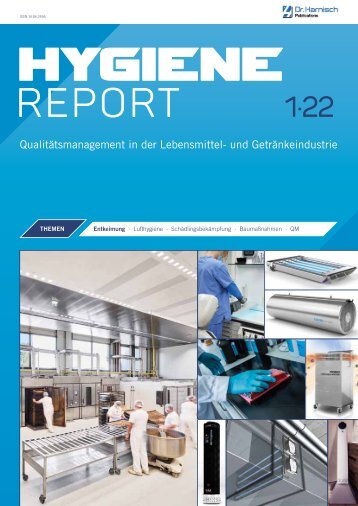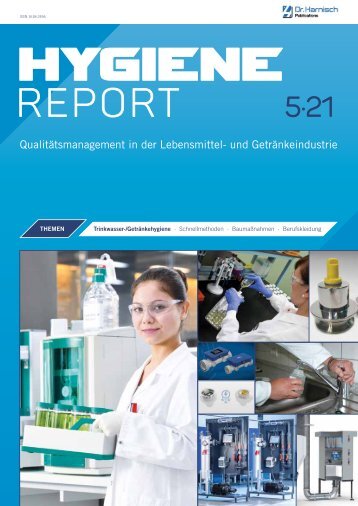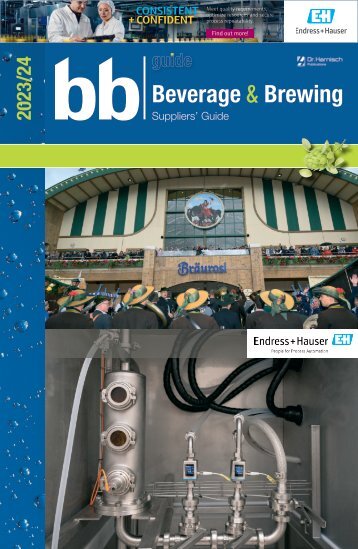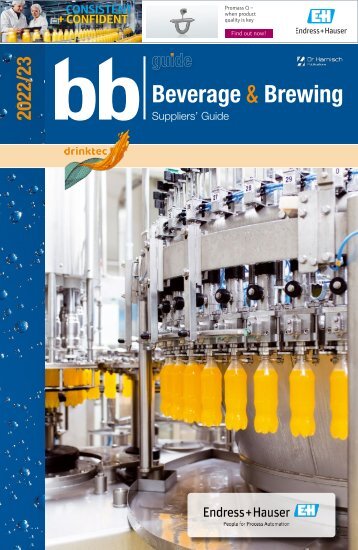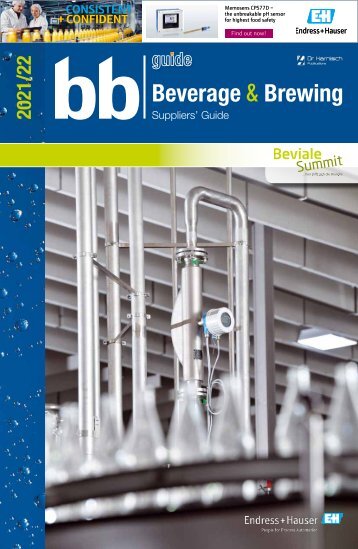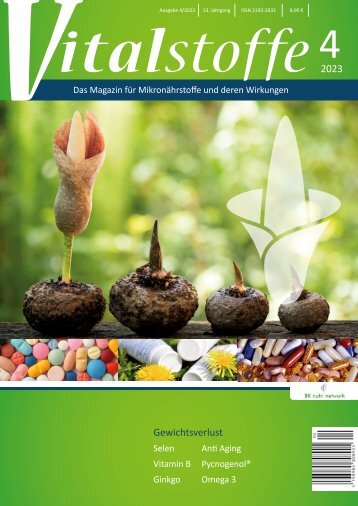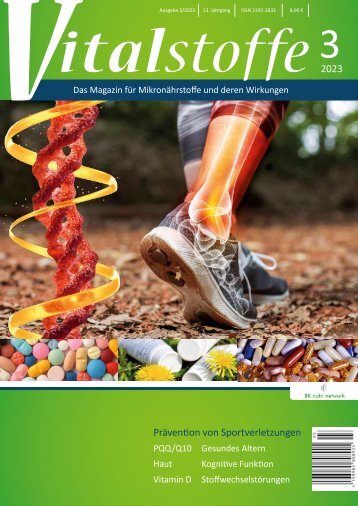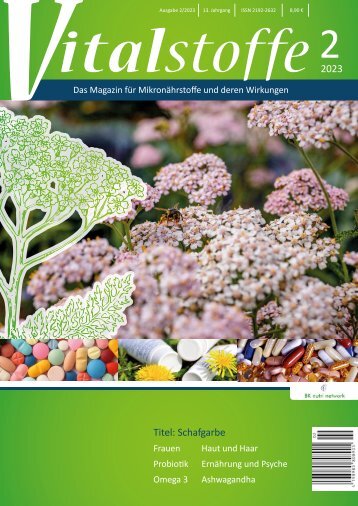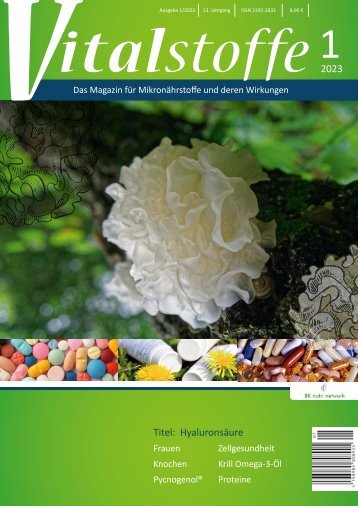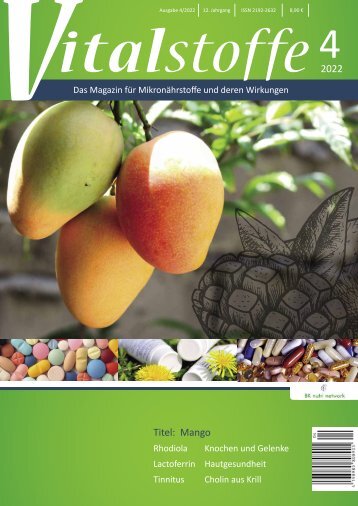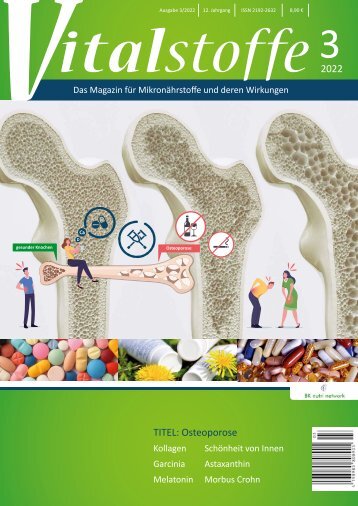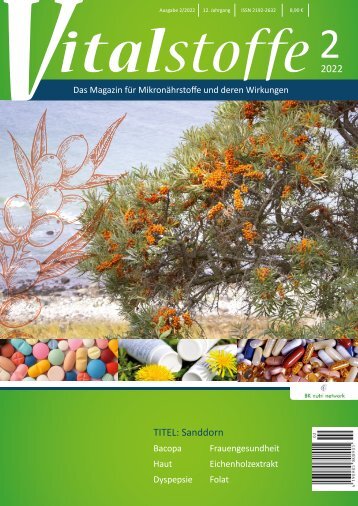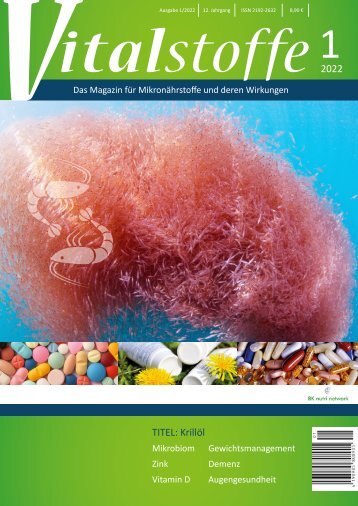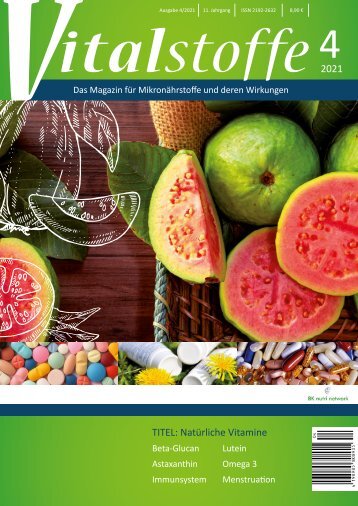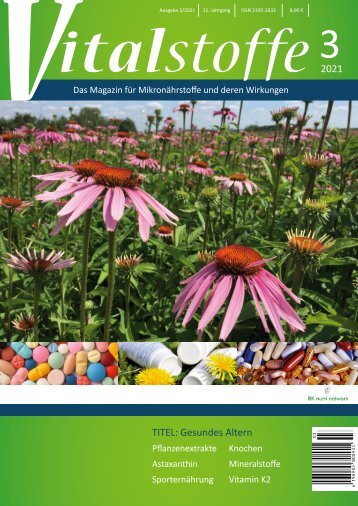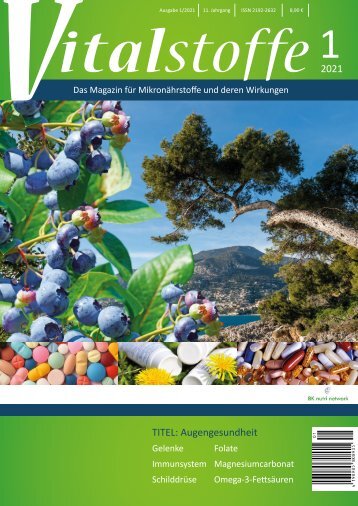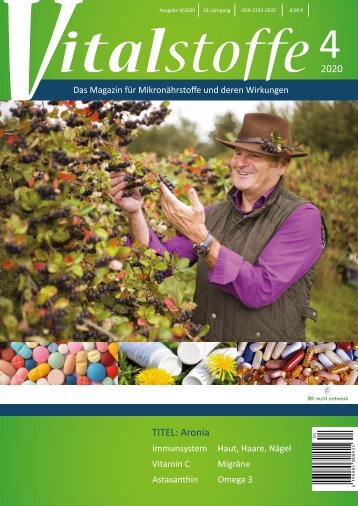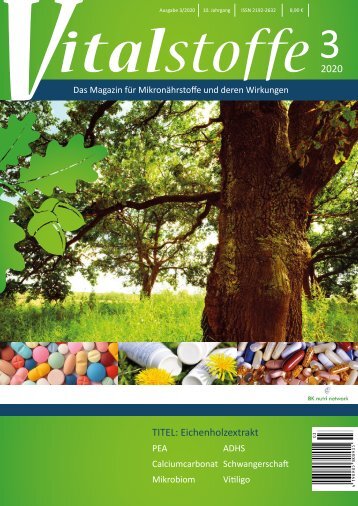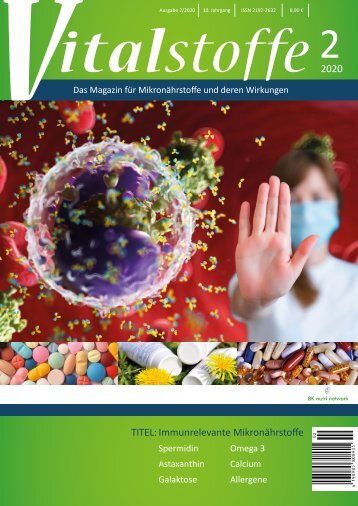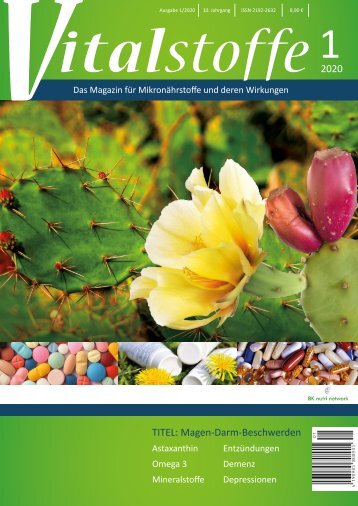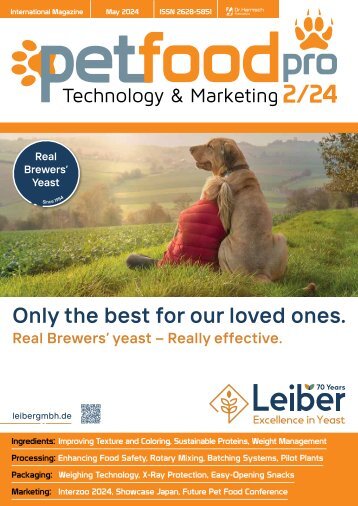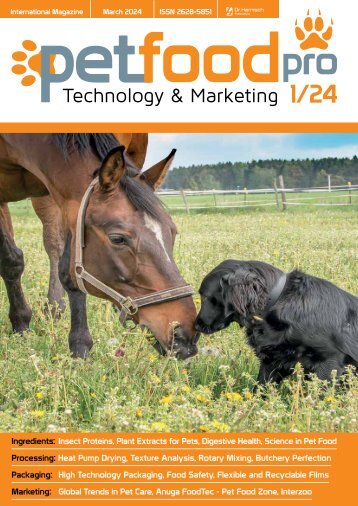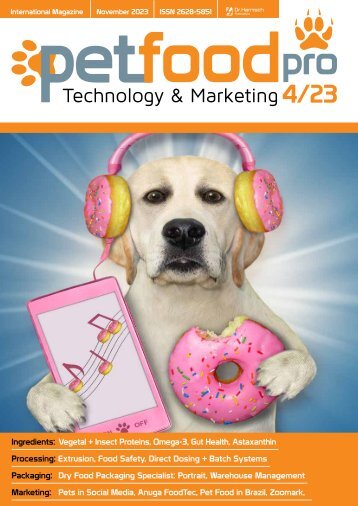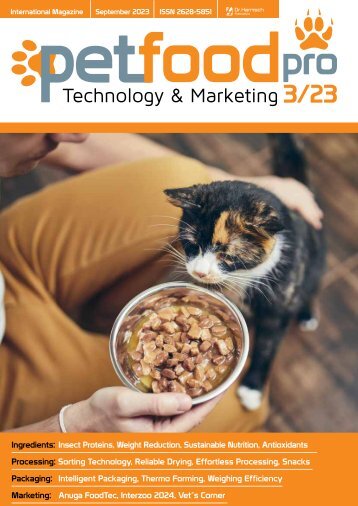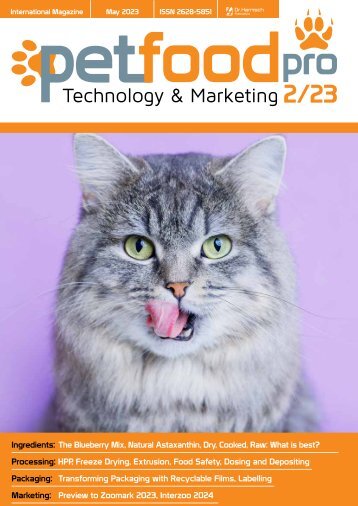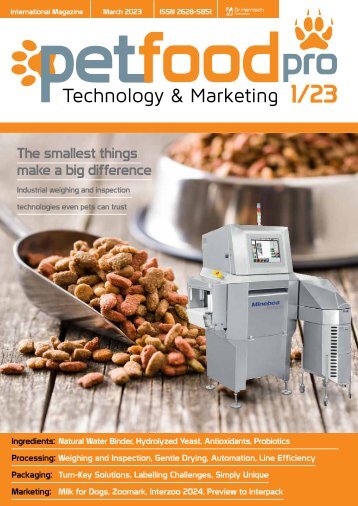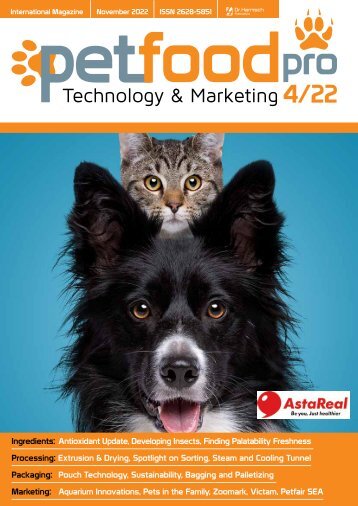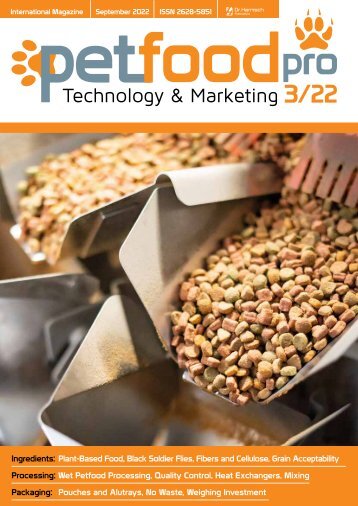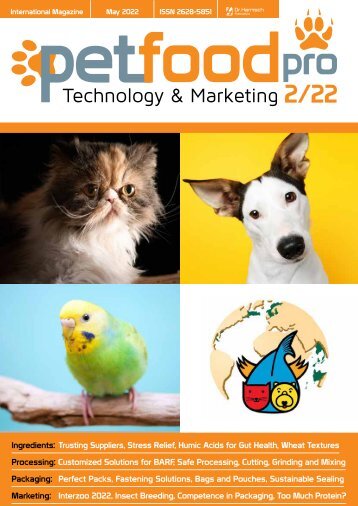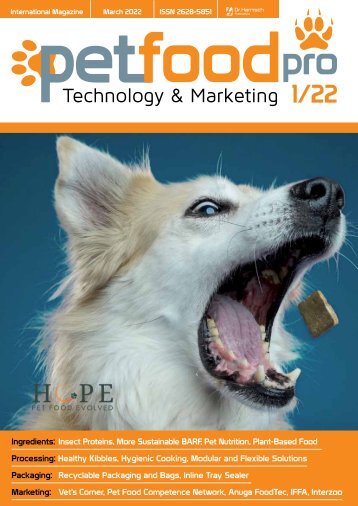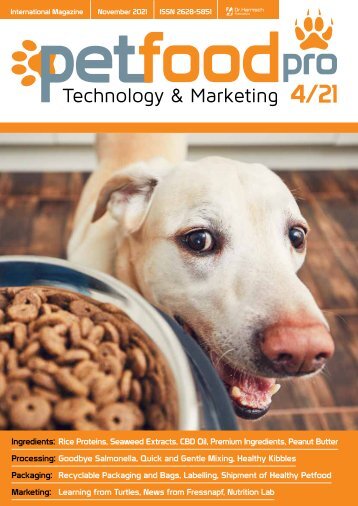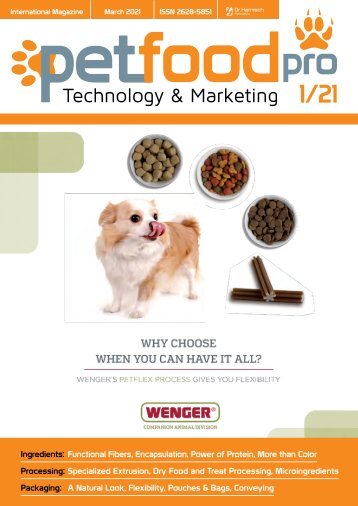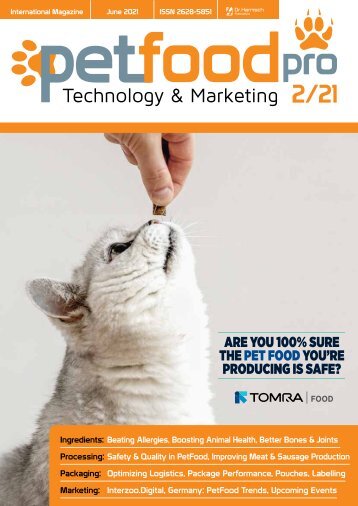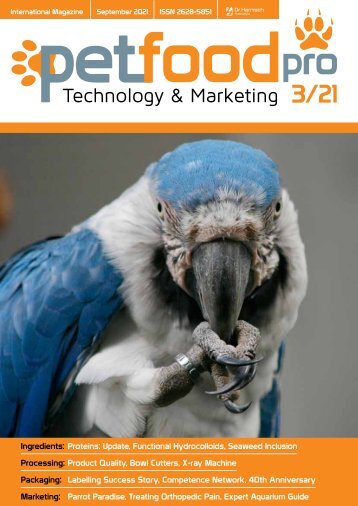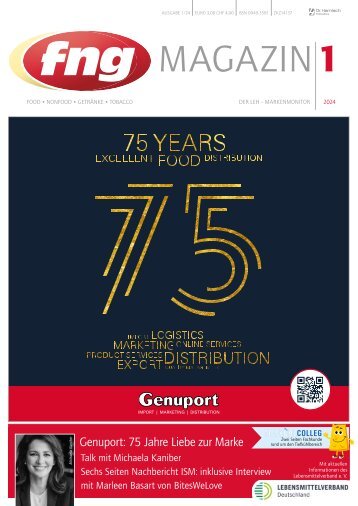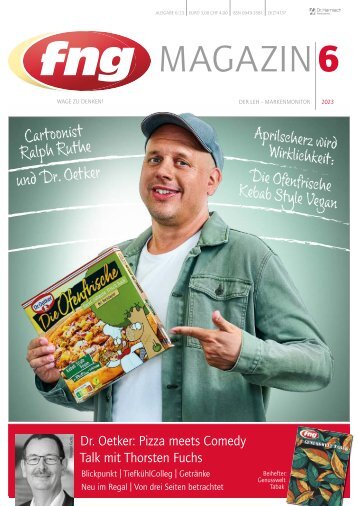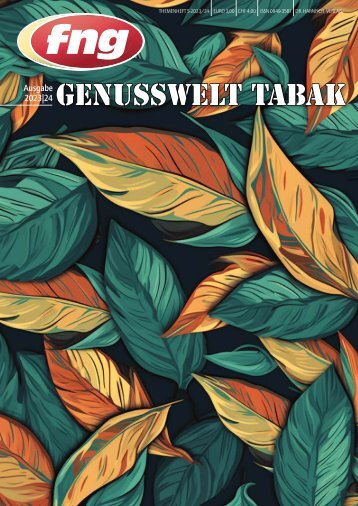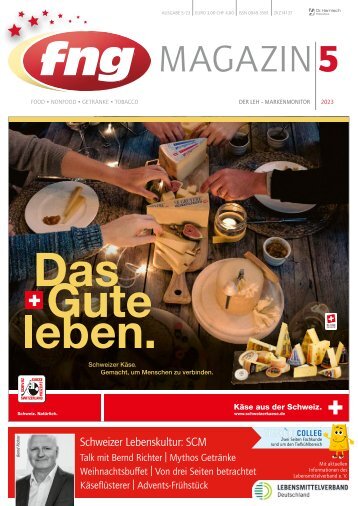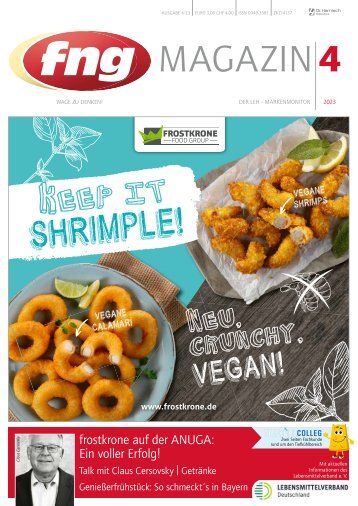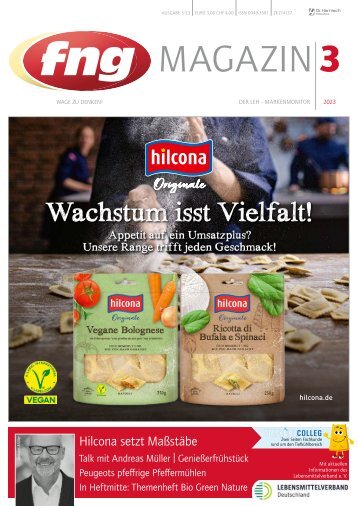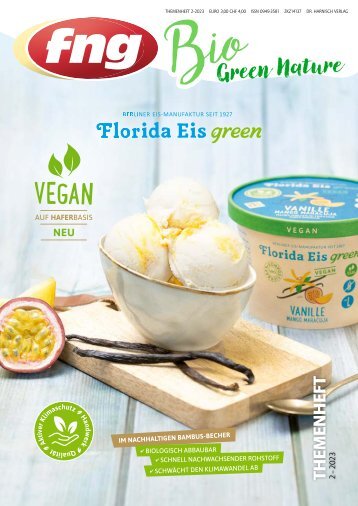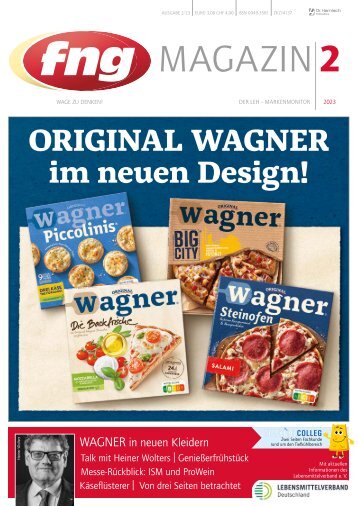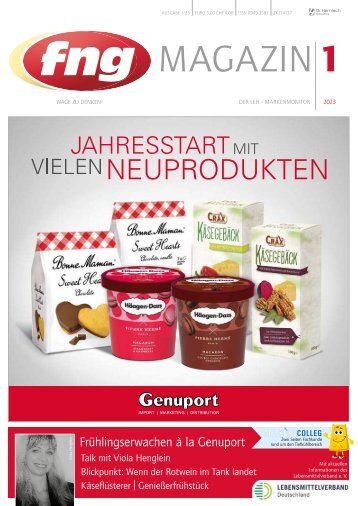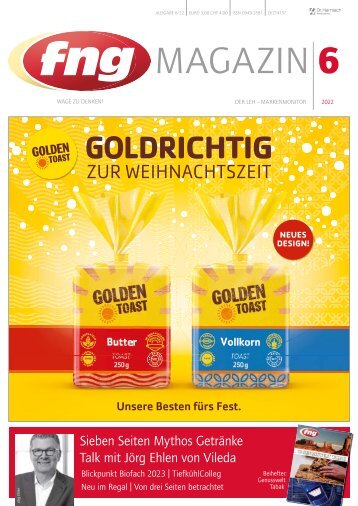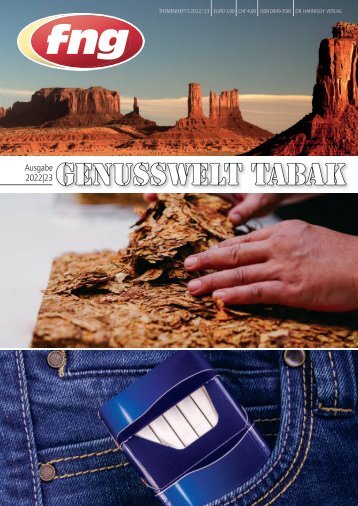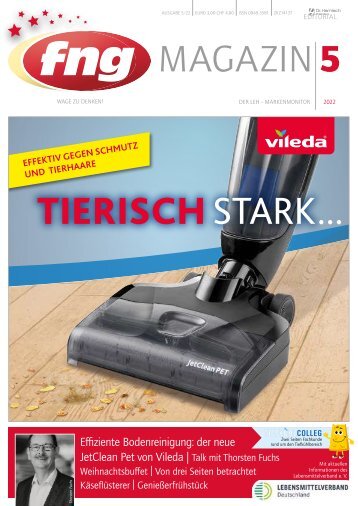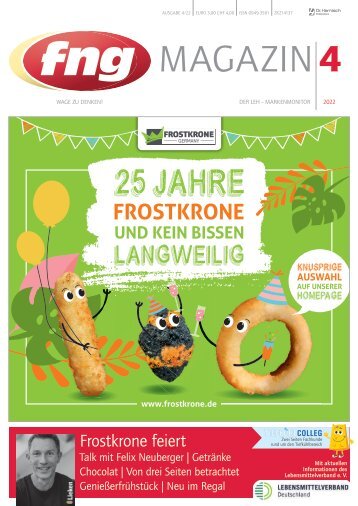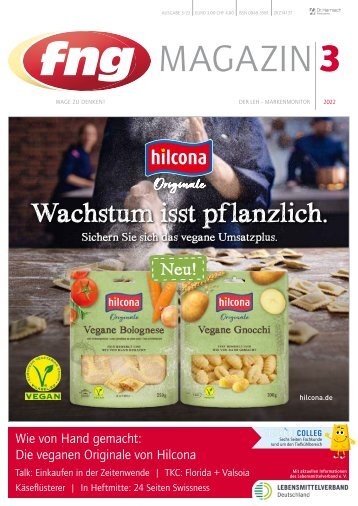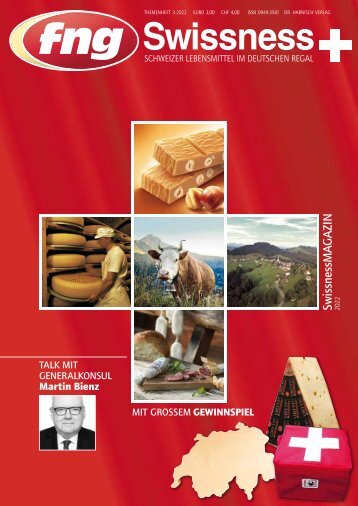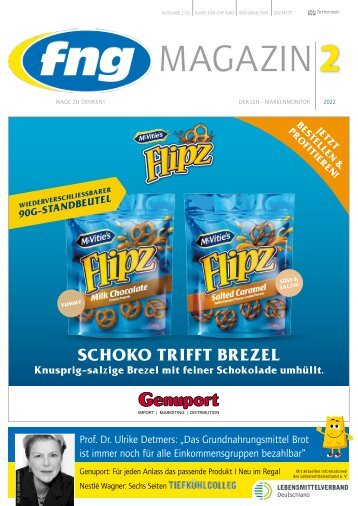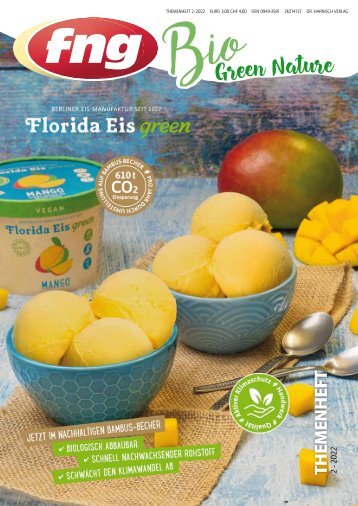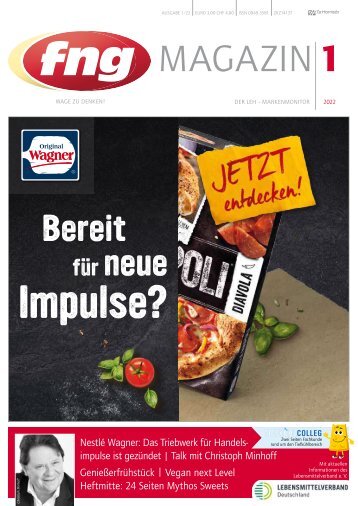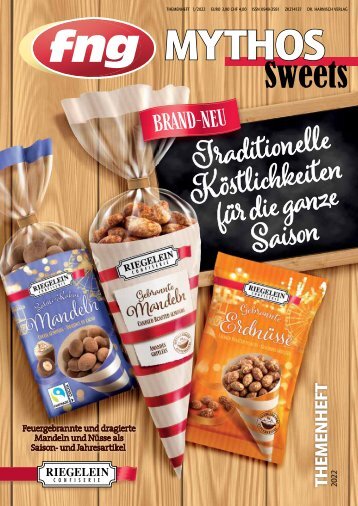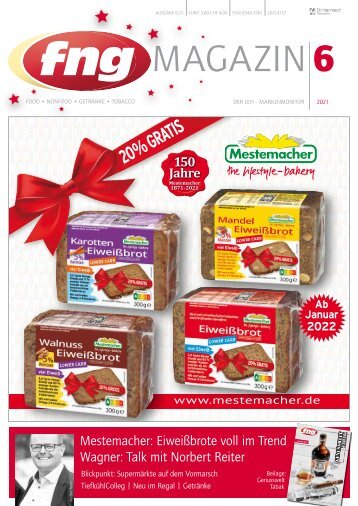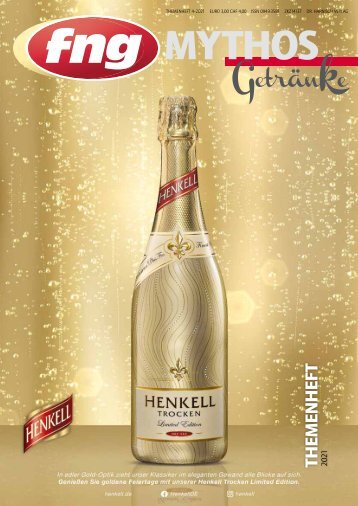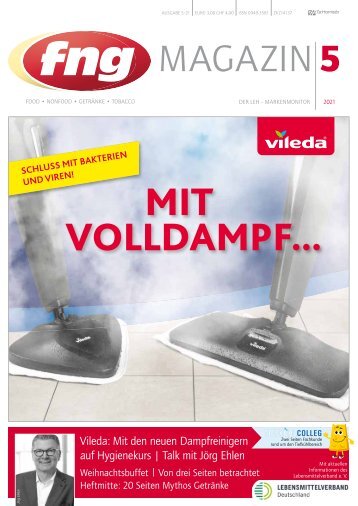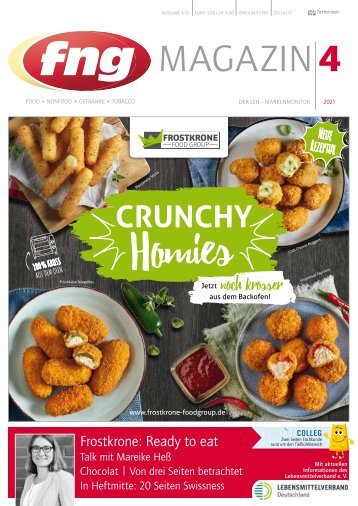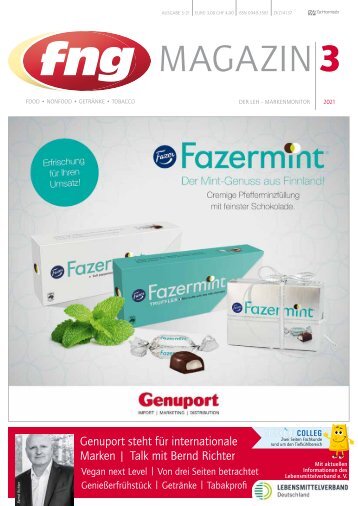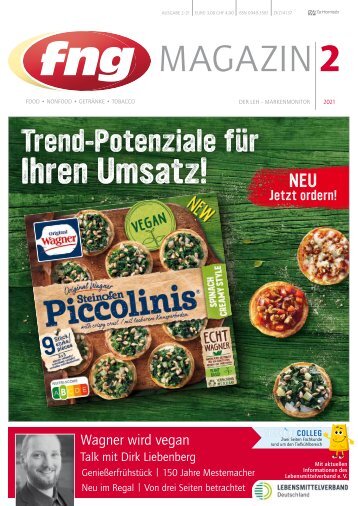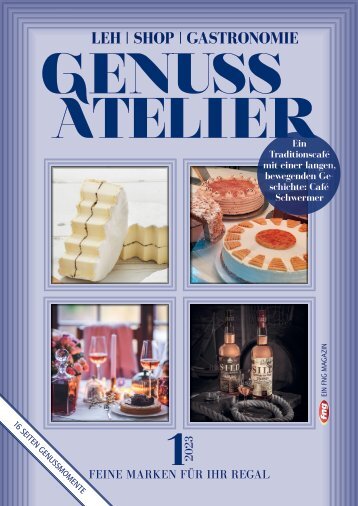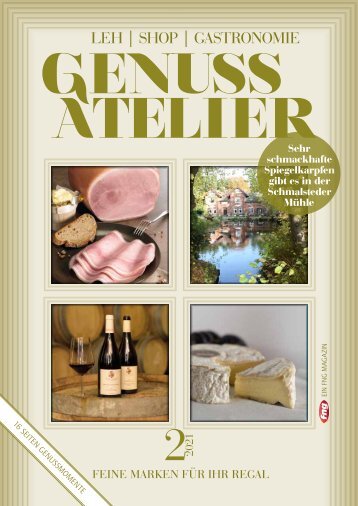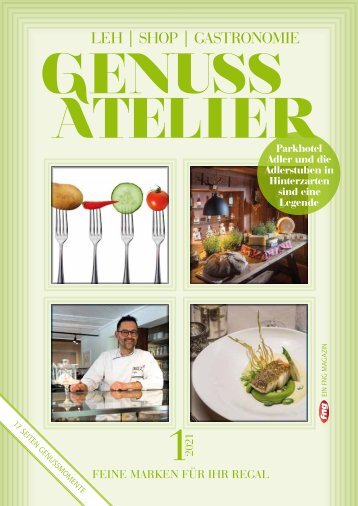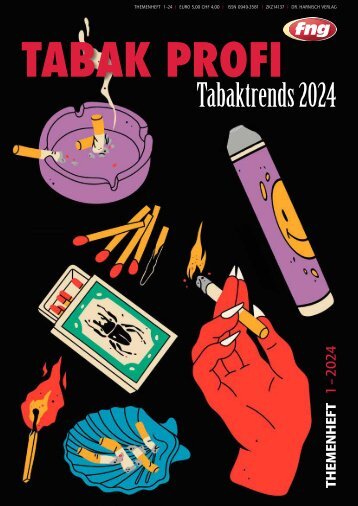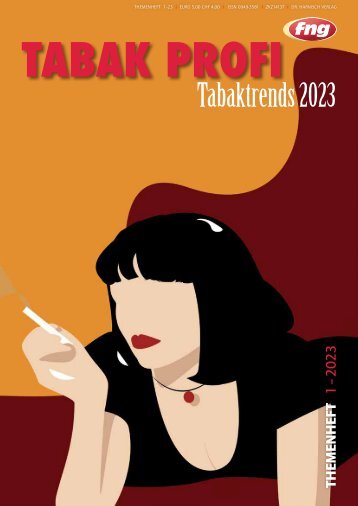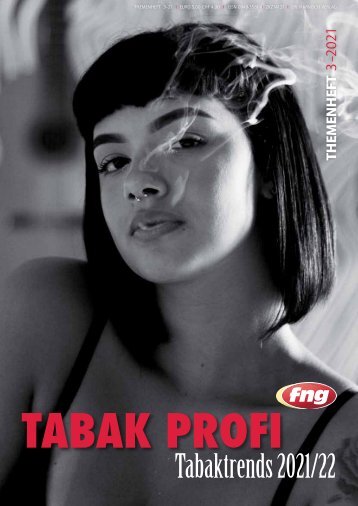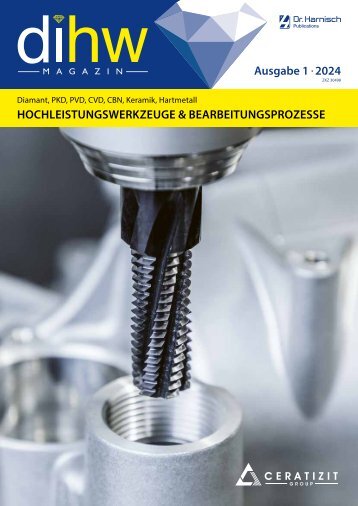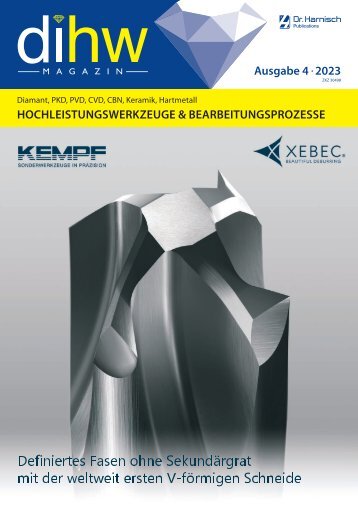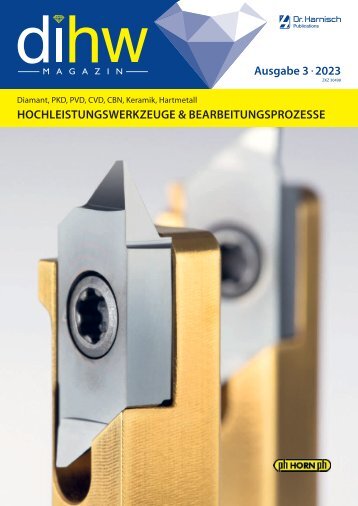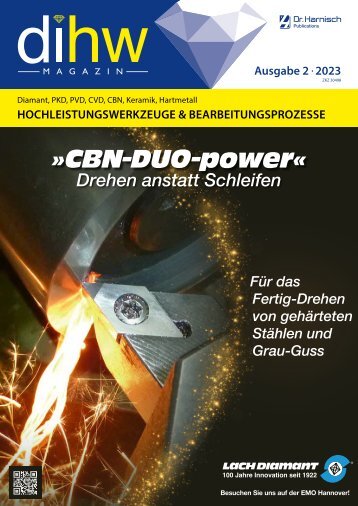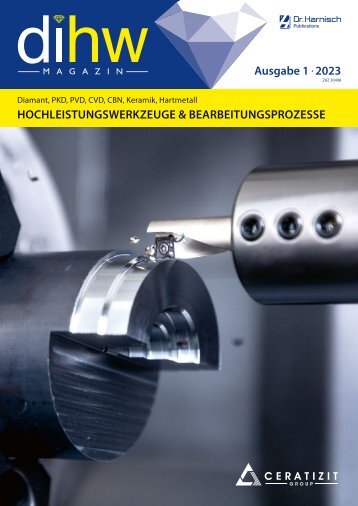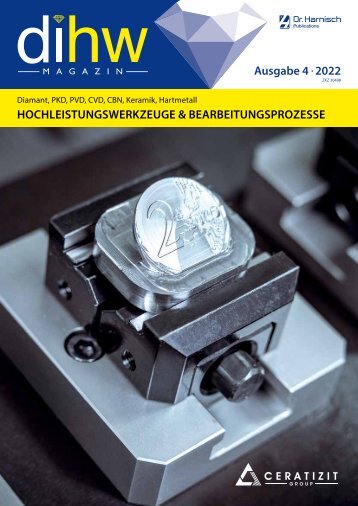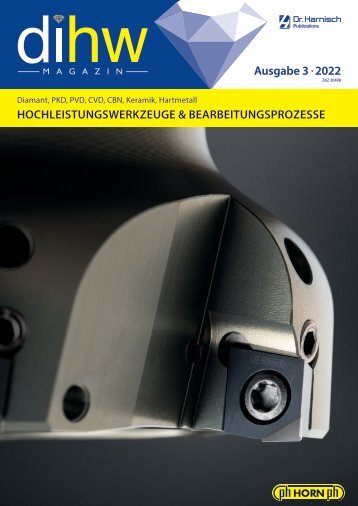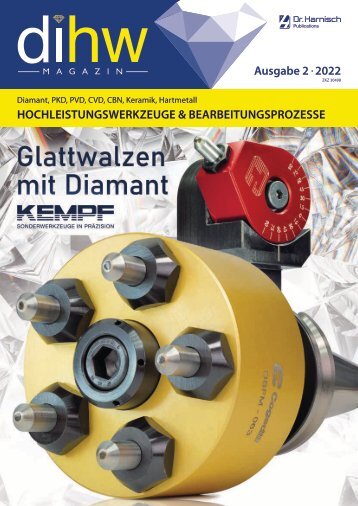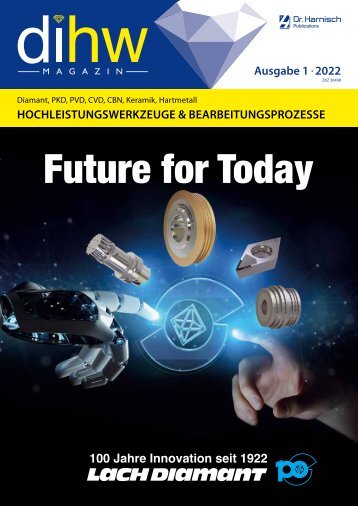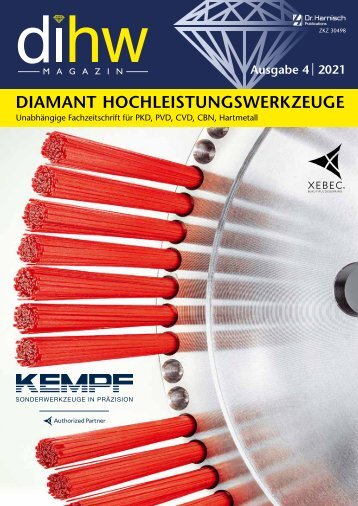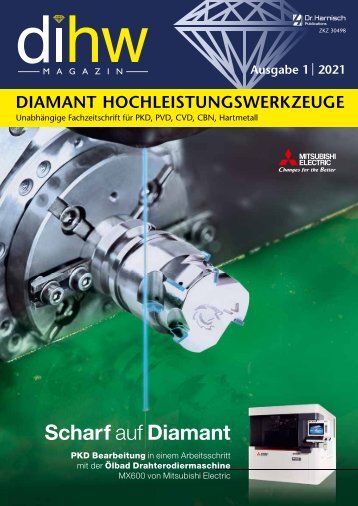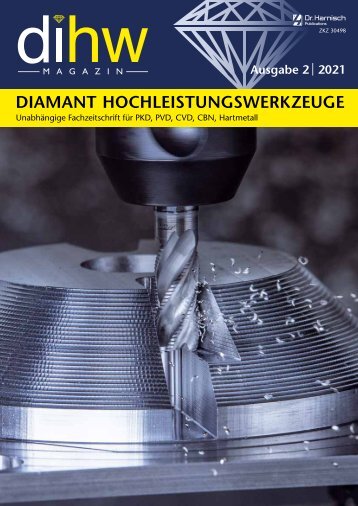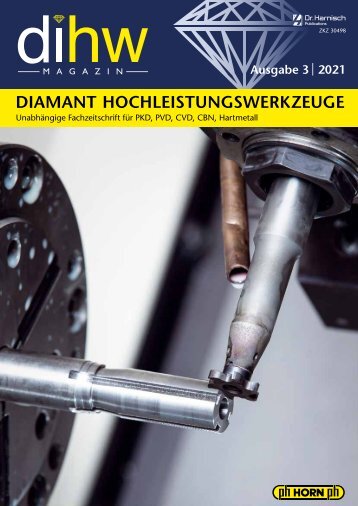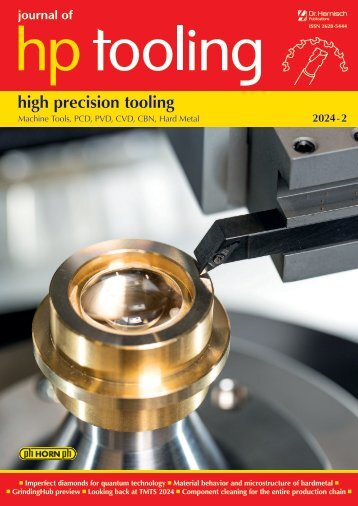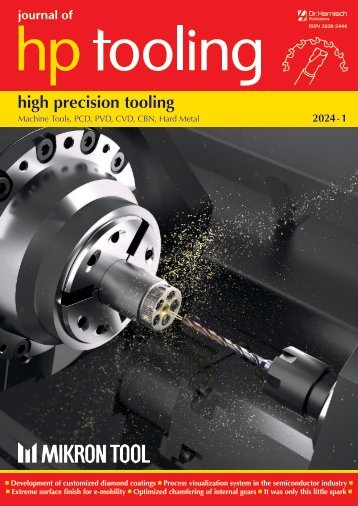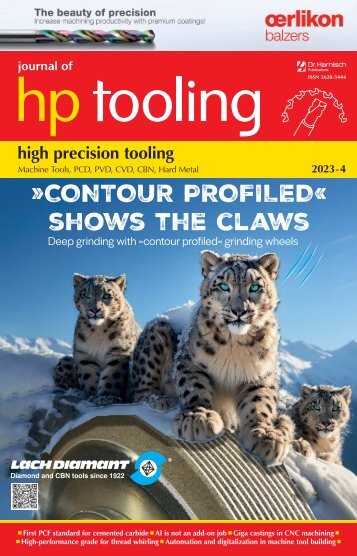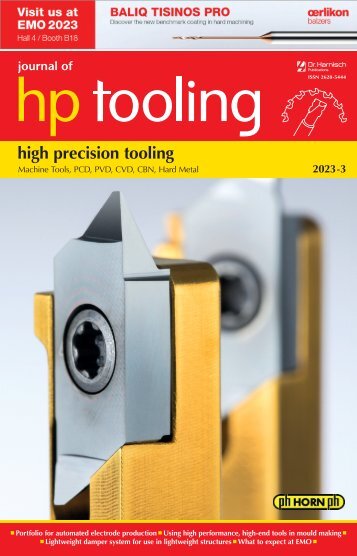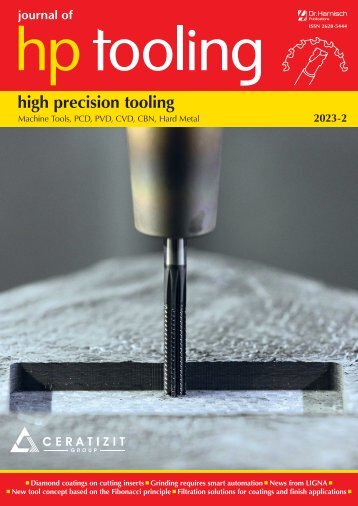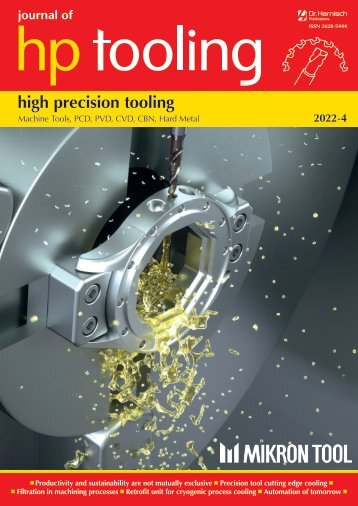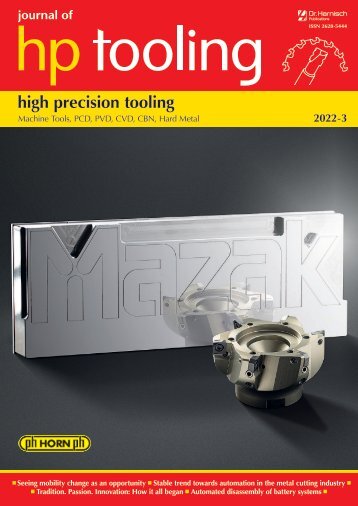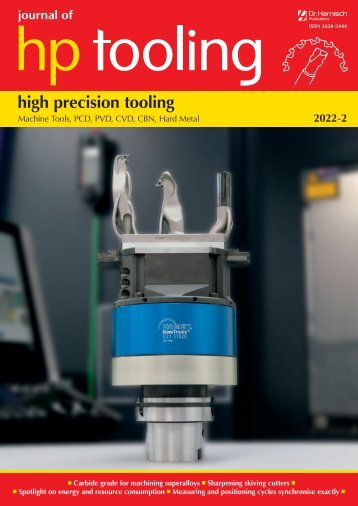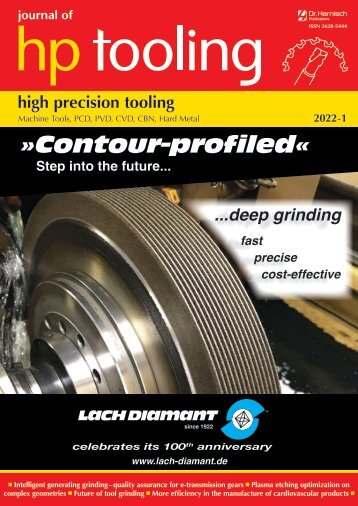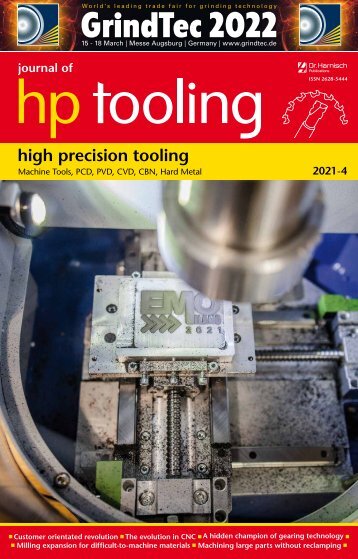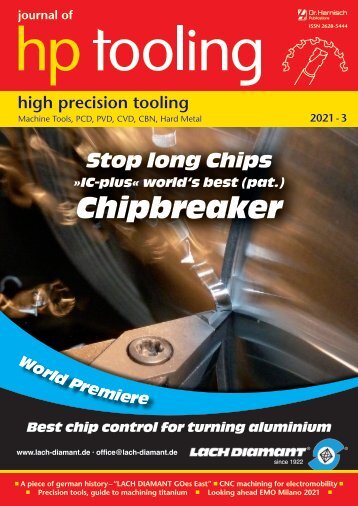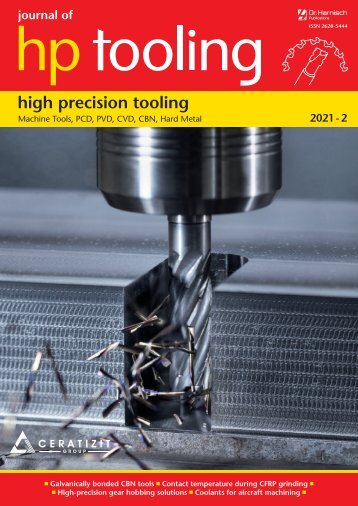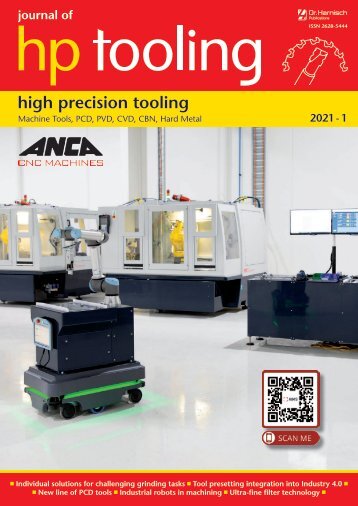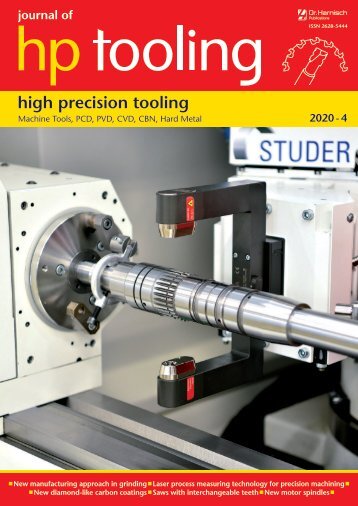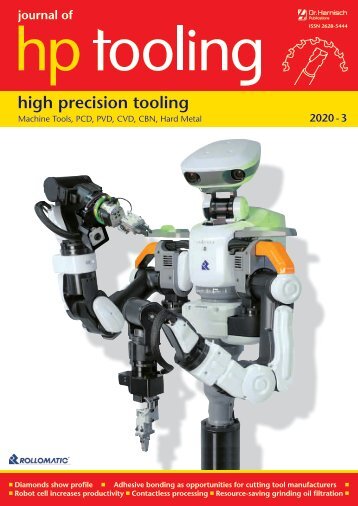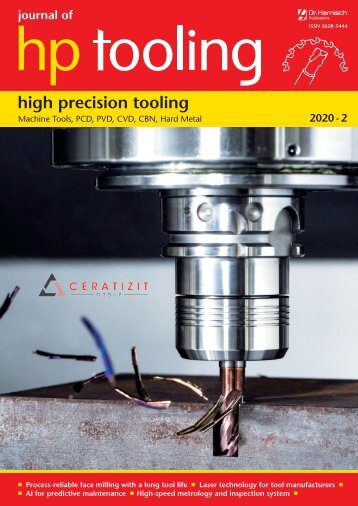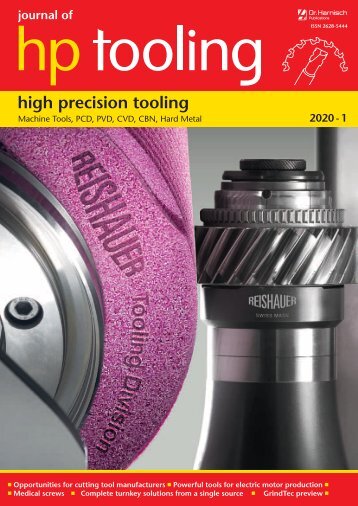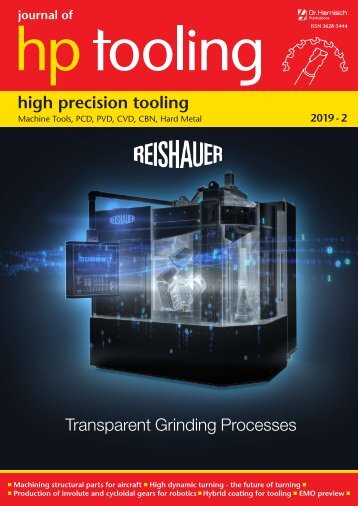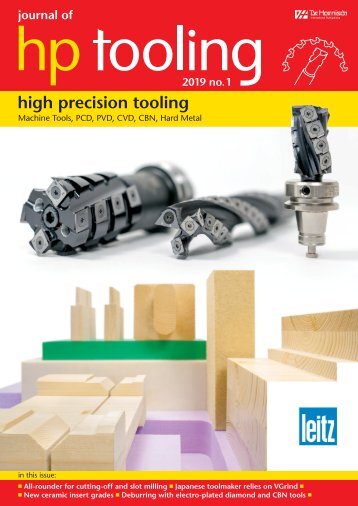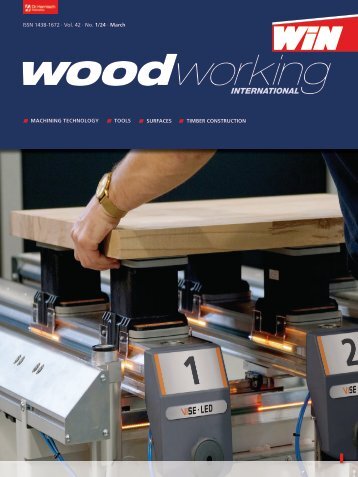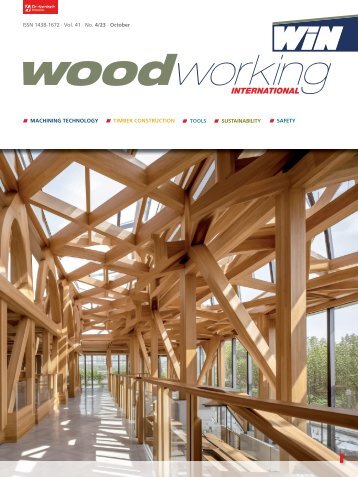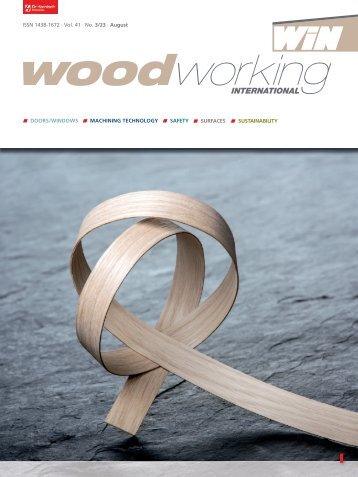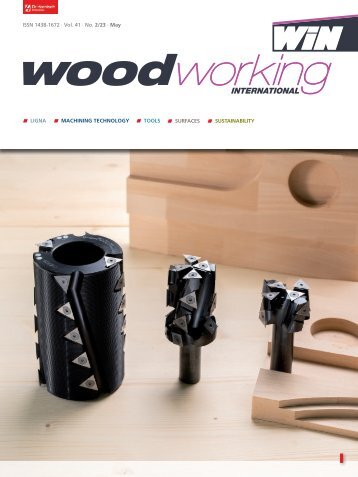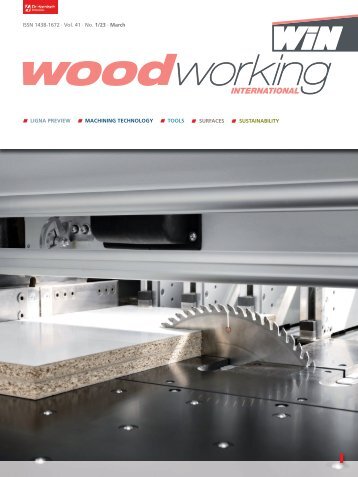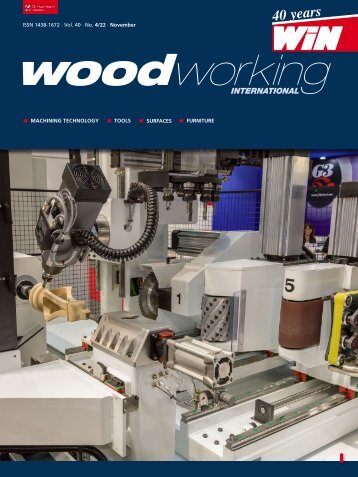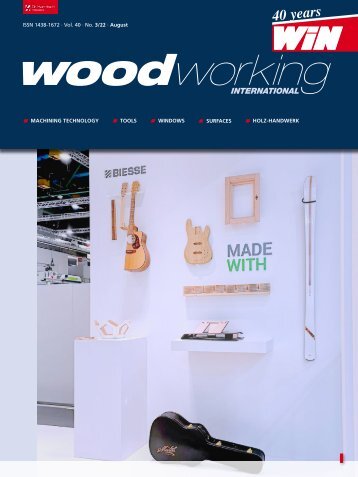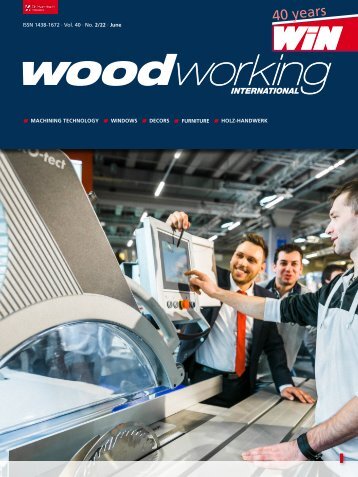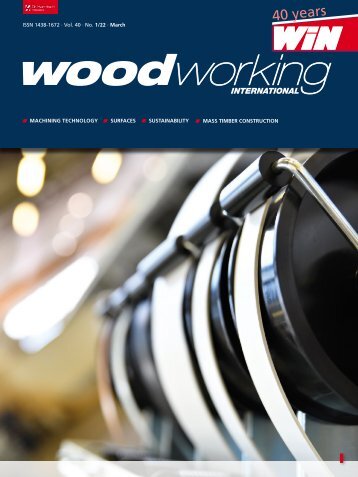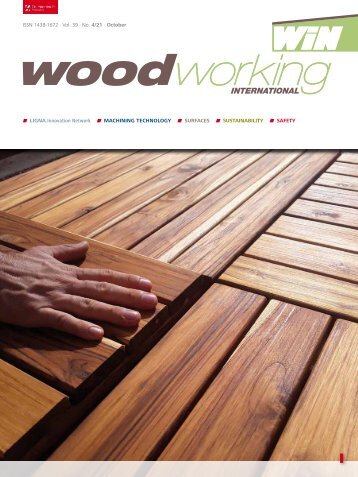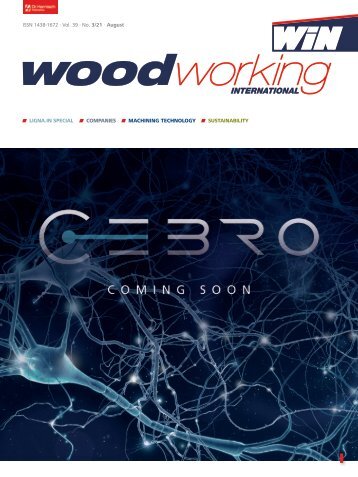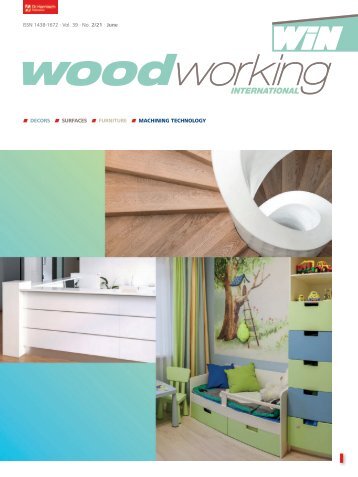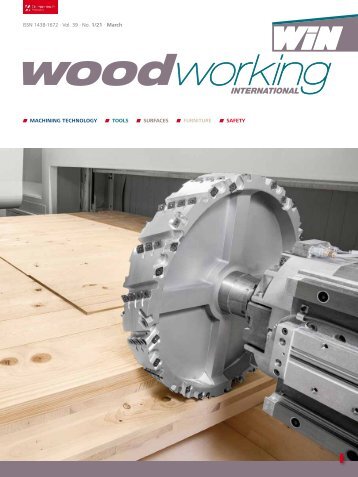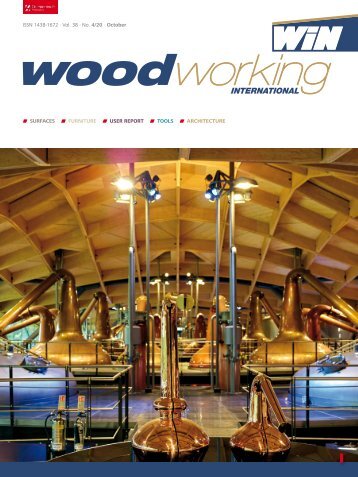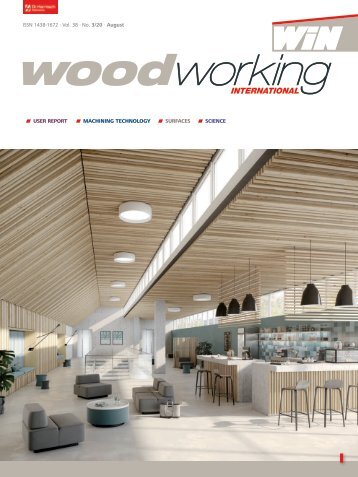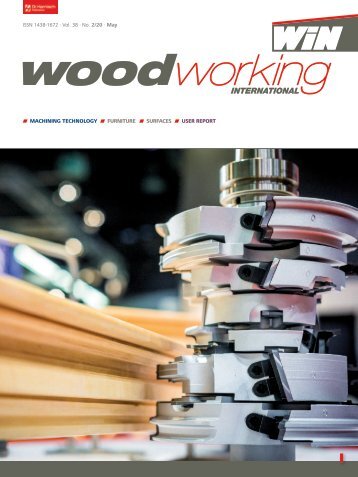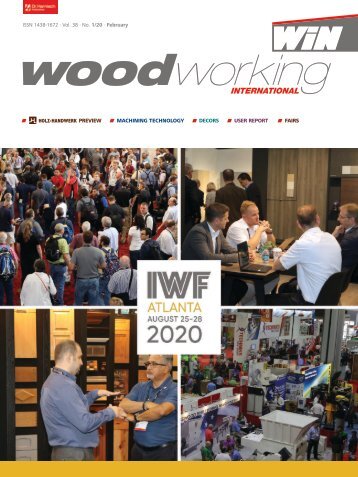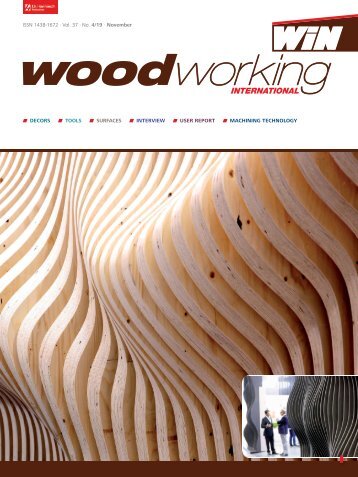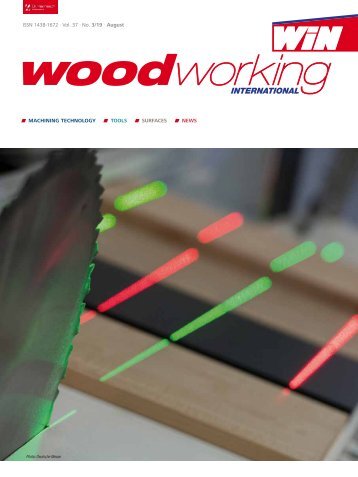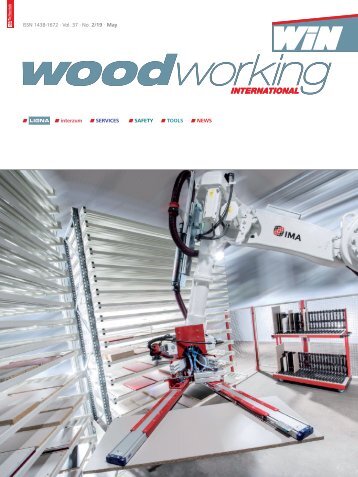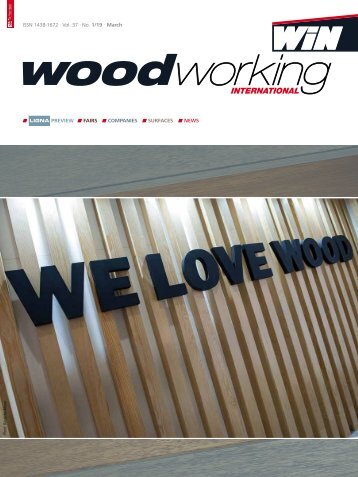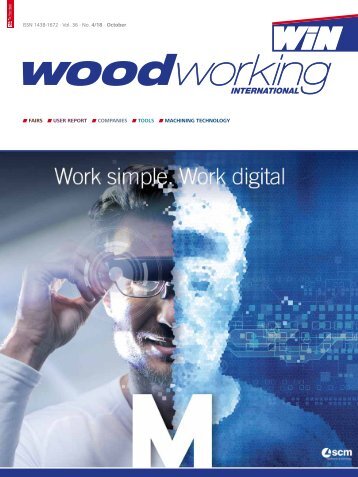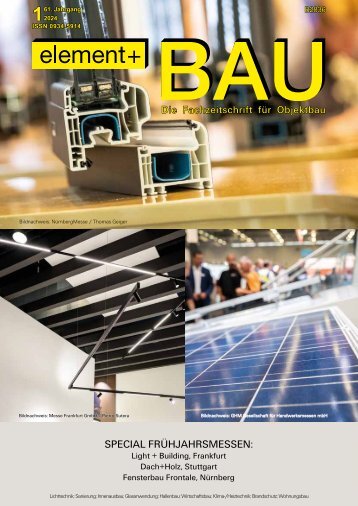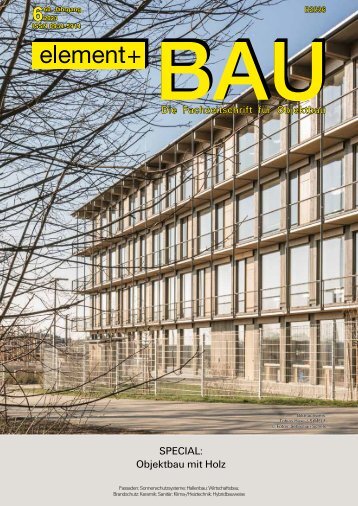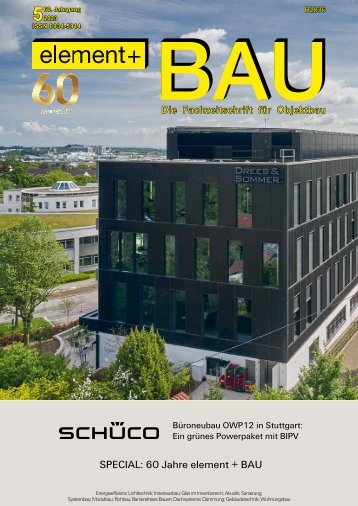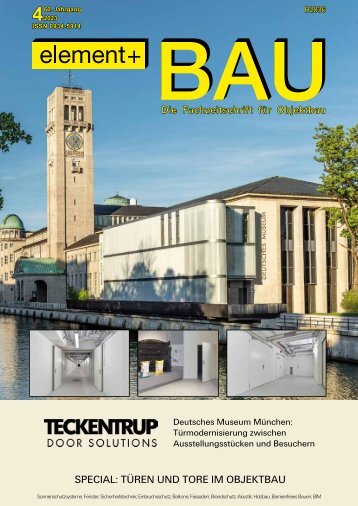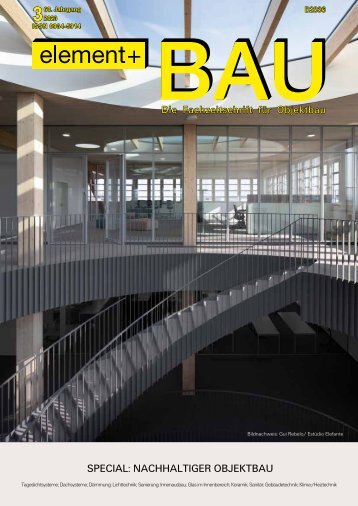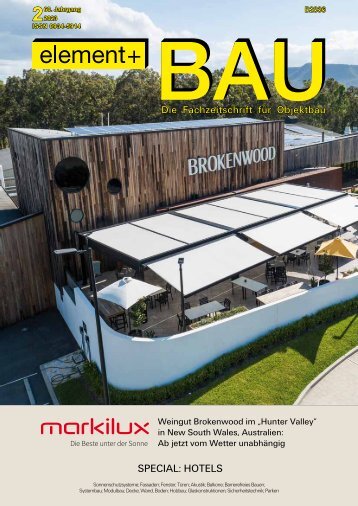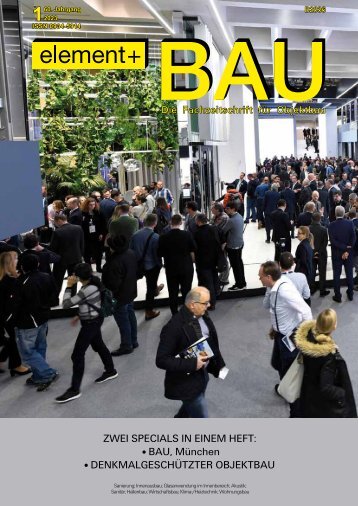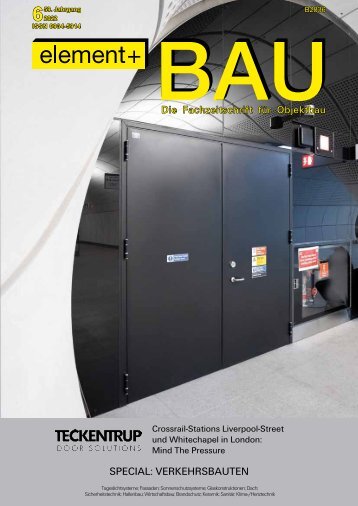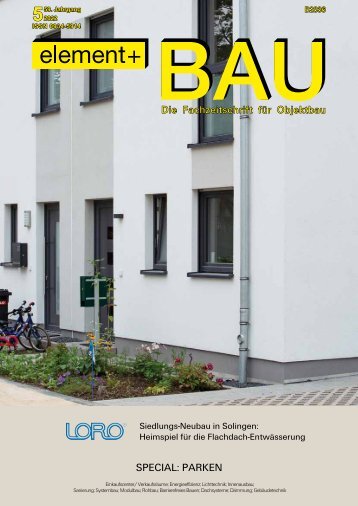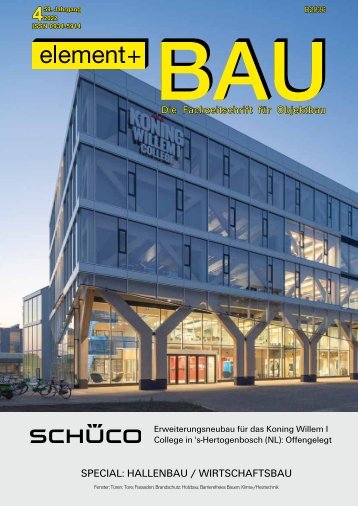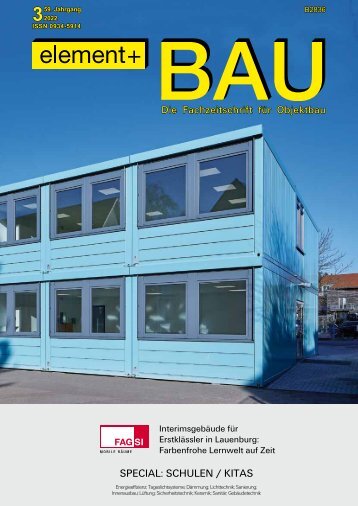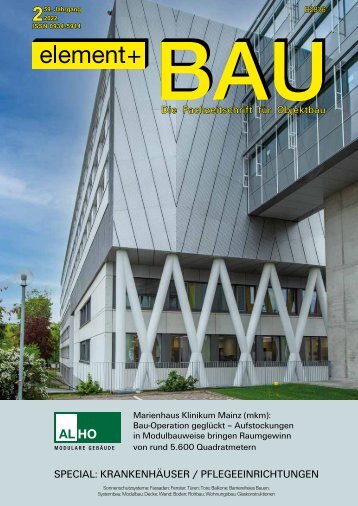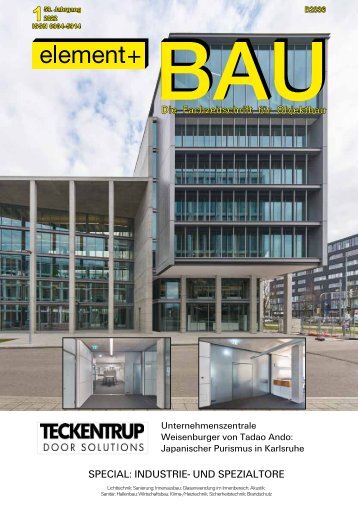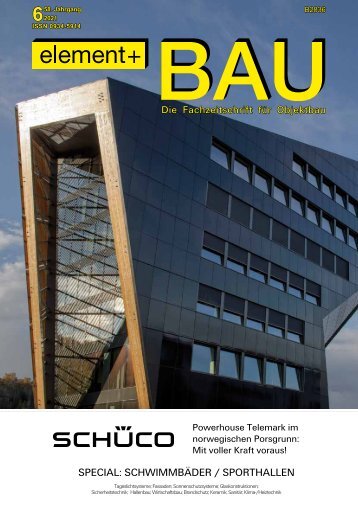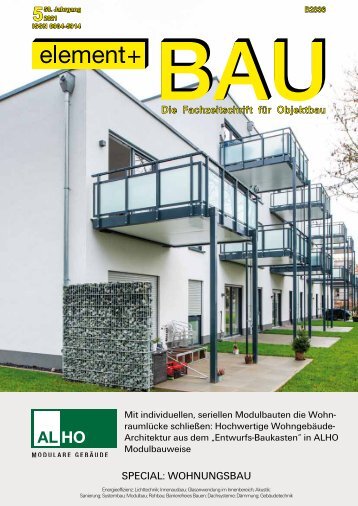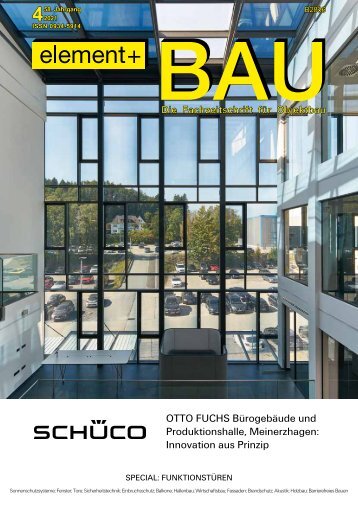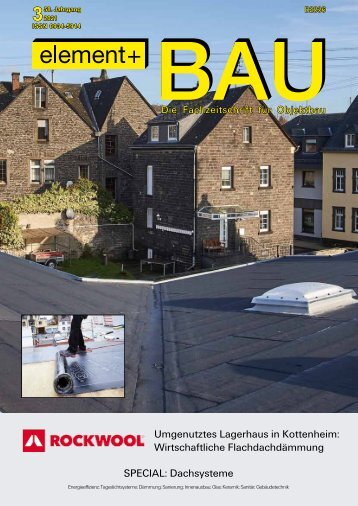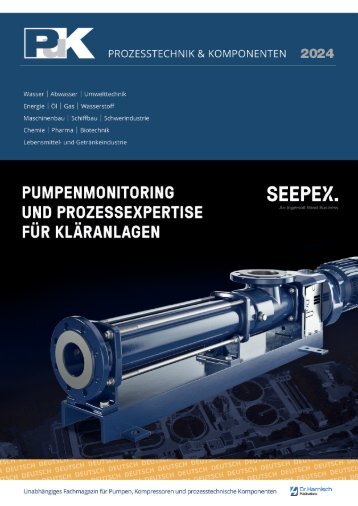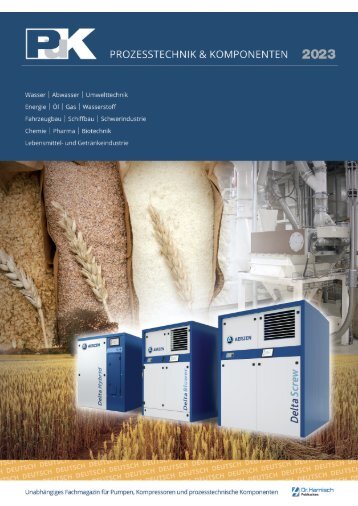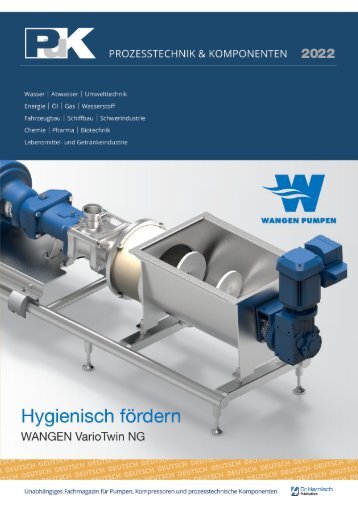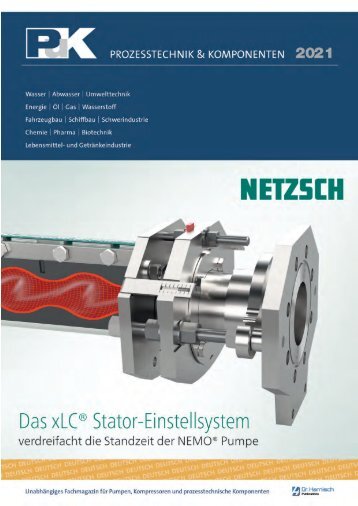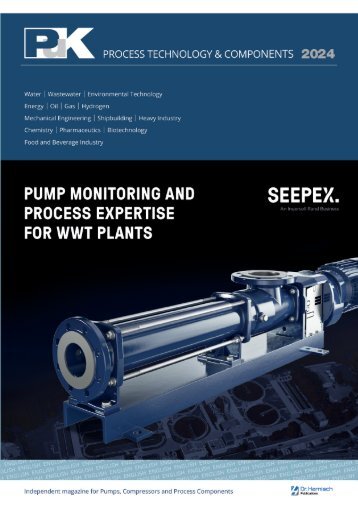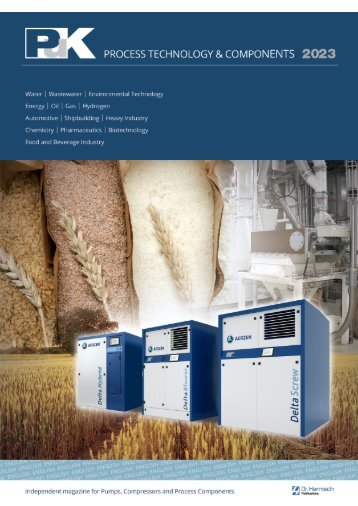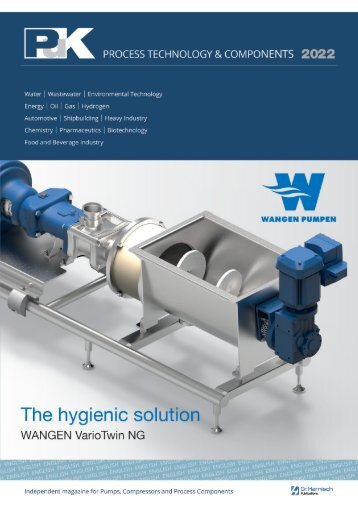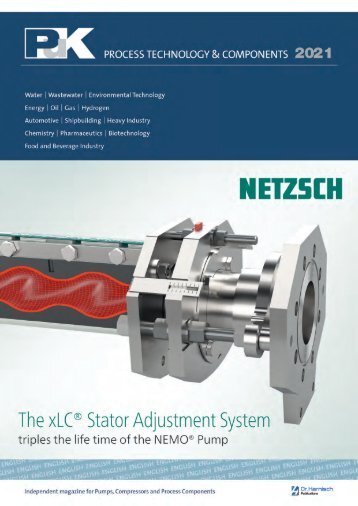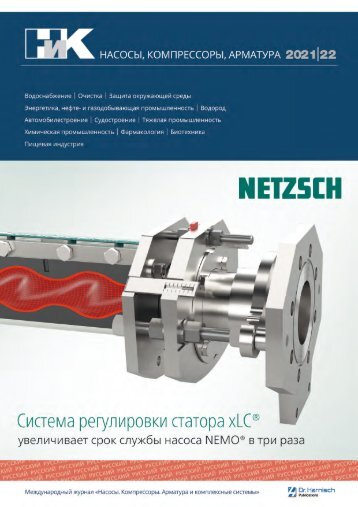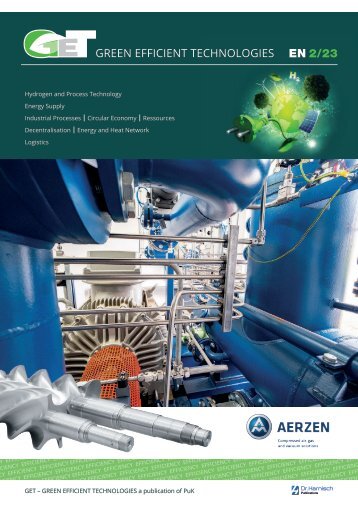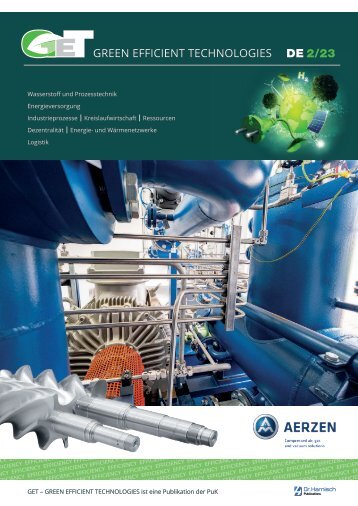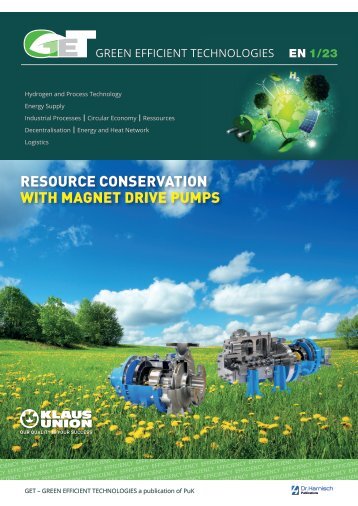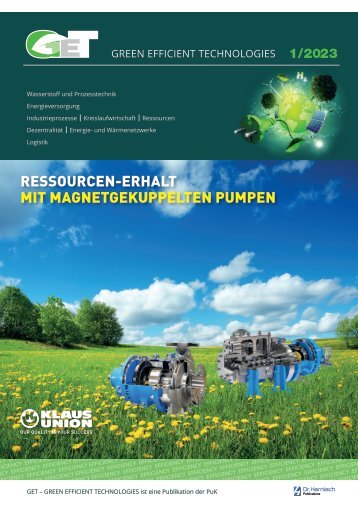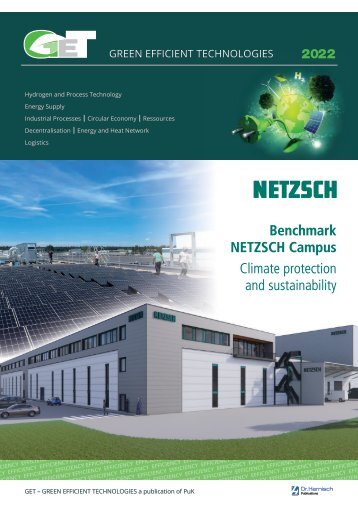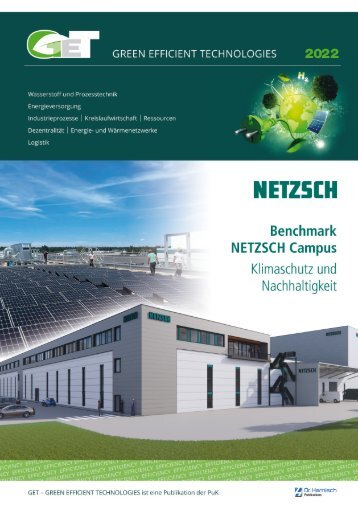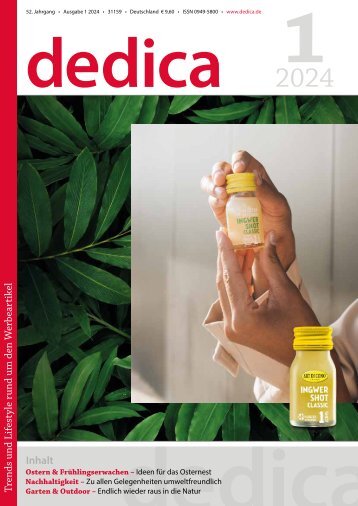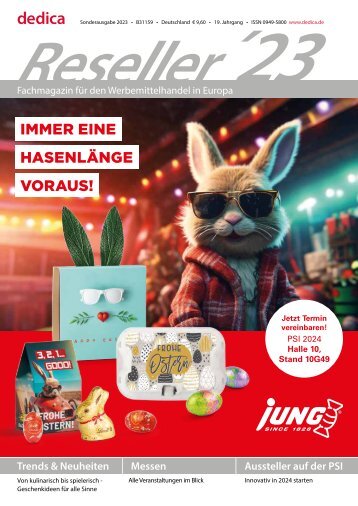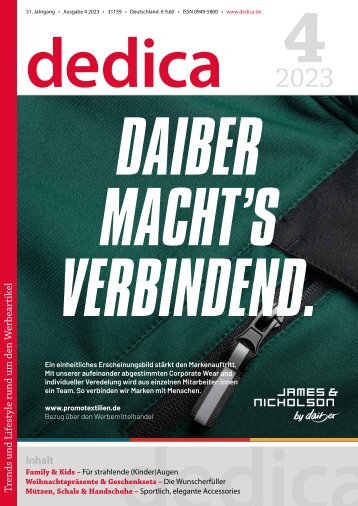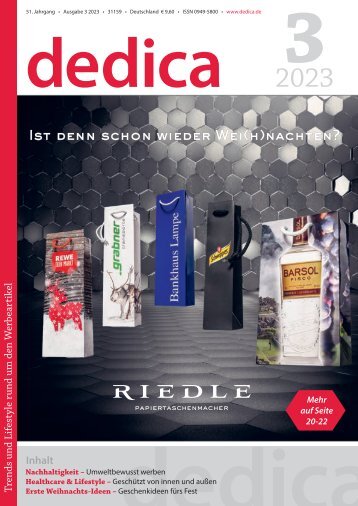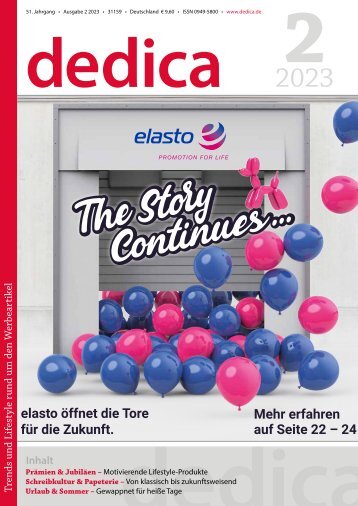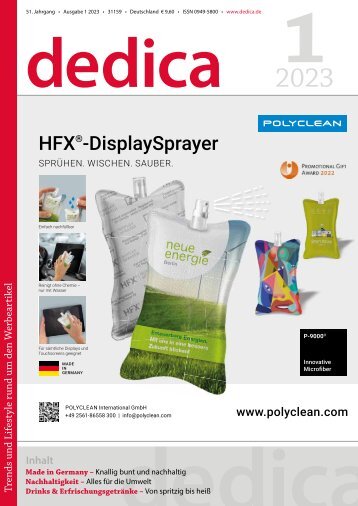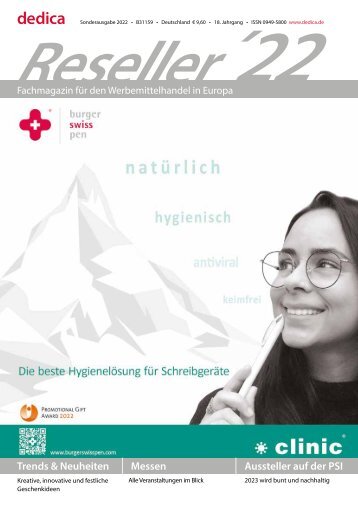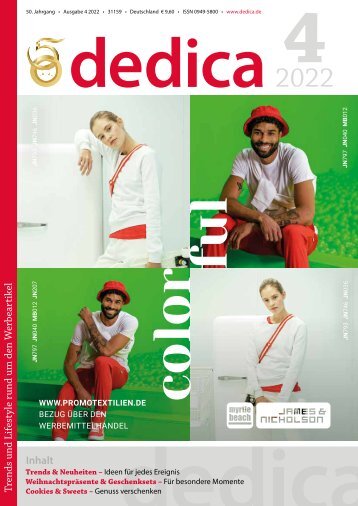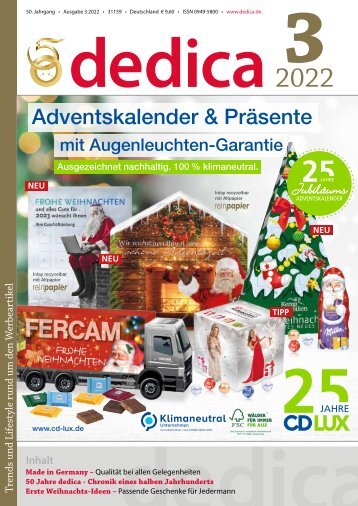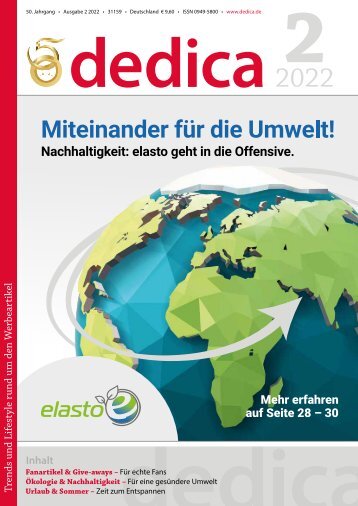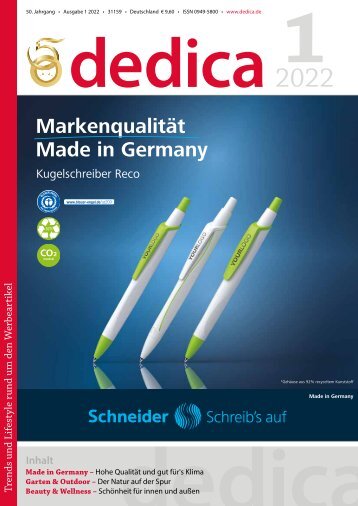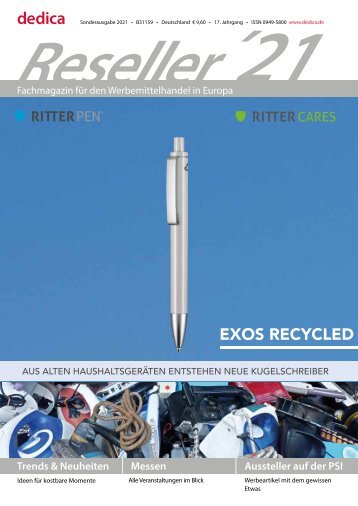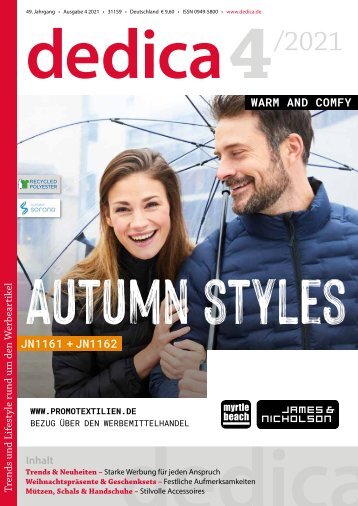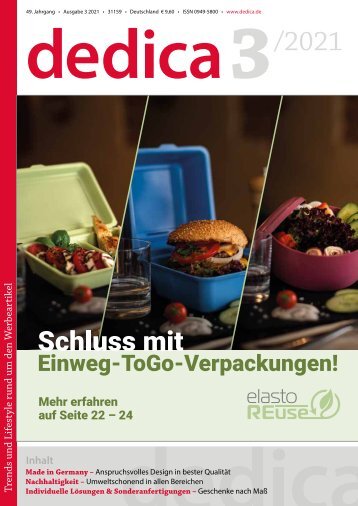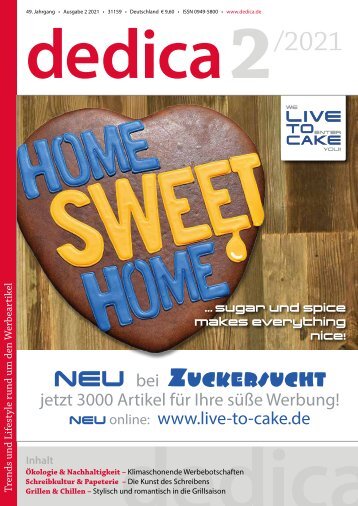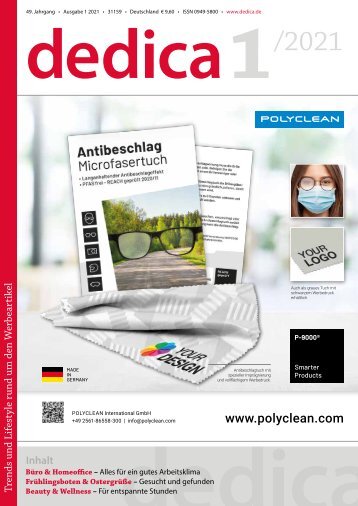petfood pro 1/2022
- Text
- Animal nutrition
- Harnischcom
- Sustainable
- Solutions
- Petfood
- Materials
- Protein
- Processing
- Ingredients
- Marketing
- Products
- Packaging
Ingredients • The
Ingredients • The Friend of the Sea standard and product label are particularly relevant for fish oils originating in Latin America. • The ASC (Aquaculture Stewardship Council) certification program stands for responsible fish farming. Regulations exist on feeding, water quality, antibiotic use and working conditions on fish farms. Perna canaliculus (green-lipped mussel powder) The product is made from the crushed meat of the green-lipped mussel (Perna canaliculus), which is only found in New Zealand. It contains omega-3 fatty acids and long-chain amino sugar compounds. The combination of ingredients results in it being given to animals to support healthy joints and treat inflammatory joint conditions and osteoarthritis. For cats, Perna canaliculus is a natural source of taurine, which is essential for them. These are examples how green-lipped mussel powder contributes to the SDGs of the United Nations: Green-lipped mussels are bred on longlines in the sea. As the Food and Agriculture Organization (FAO) emphasizes, the mussel cultivation takes place under very good ecological conditions without affecting the marine environment¹ . No fertilizers, herbicides or pesticides are used. The production thereof, often including energy- and CO2-intensive processes, is no longer necessary and pays off in terms of climate protection. Algae oils and algae powders Traditionally, algae are known to provide essential minerals and trace elements, as well as polysaccharides in case of macroalgae. In recent years, however, the content of omega-3 fatty acids EPA and DHA has also been gaining importance. Algae are listed in the Catalogue of Feed Materials according to EU regulation 68/2013. These are examples how algae oils and algae powders contribute to the SDGs of the United Nations: As a vegan supplier of protein, algae are free from the ethical conflicts that arise with largescale livestock farming. The cultivation of microalgae is resourceefficient: They have a biomass productivity five to ten times higher than land plants, do not require scarce arable land, and can be harvested year-round². As they grow, algae bind three times more CO2 than crops. The CO2 removed from the atmosphere does not contribute to climate change. Compared to meat, algae are a low-carbon source of protein: There are no conversion losses as with animal proteins, where livestock must first take in plant proteins and convert them into animal ones by digestion. Press cakes and protein flours The gentle cold pressing of oil seeds produces oils and press cakes. Fine grinding of the press cakes produces flours. Press cakes and flours with a common residual oil content of five to ten percent enrich pet food with their very attractive amounts of omega fatty acids, amino acids, fibre, energy, minerals and trace elements. These are examples how press cakes and protein flours contribute to the SDGs of the United Nations: Just as fish oils, press cakes and flours embody the main idea behind upcycling, namely the complete use of all the components of a raw material – for example, sunflower seed. This also results in positive effects for the incomes of all those involved in the value chain. Like algae, press cakes and flours are vegan sources of proteins. They cause less CO2 emissions than meat (see explanation "no conversion losses" for algae). Thus, they reduce the CO2 footprint of animal nutrition in case they replace a part of the meat ration in a BARF diet – while maintaining nutritional needs of dog or cat! For example, in a study by the ifeu Institute in Heidelberg in 2020, the CO2 footprint of one kilogram of beef was given as a good 13 kilograms, while less than 1 kilogram of CO2 was calculated for a protein flour³ . Sustainability and private label packaging Just as “clothes make the man”, product packaging is decisive for how endconsumers perceive the product. For example, oils in glass bottles have a greater aura of quality than those in plastic bottles. Other decisive factors in the choice of packaging are product protection – such as against breakage and migration – and the increasingly central customer requirement that near-natural and sustainable products should also have environmentally friendly packaging. This can mean: • Less material • Reusable packaging • Material that recycles well • Recycled material • Materials based on rapidly renewable resources instead of finite resources such as fossil oil Packaging for oils From a product-protection and aesthetic perspective, packaging made of glass has numerous advantages: For example, they do not interact with other substances and they radiate high quality. In addition, glass recycles very well. Many consumers therefore regard glass packaging as ideal for foodstuffs and feed. However, glass packaging often does not fare as well in comparisons with other packaging when examined from a broader environmental standpoint, such as in a comprehensive life cycle assessment with twelve environmental categories from the ifeu Institut in Heidelberg4 . Glass packaging is heavy and is melted down after one use, at very high temperatures, so that a great deal of 8 Technology & Marketing
energy is required and CO2 emitted. Metal cans are an alternative for oils: They • are shatterproof • can be given high-quality, individual designs • are substantially less materialintensive than glass bottles: For example, there are metal cans for 500 milliliters of oil with a weight of 72 grams – a glass bottle for the same filling quantity weighs 362 grams. Technology & Marketing • have a high recycling ratio and recycle well, like glass bottles – although metal and glass require high melting temperatures. Technology & Marketing one has to accept that product protection is only limited, but on the other hand, such packaging gives the products a particularly sustainable appearance in the eyes of many customers. Stand-up pouches made of mono-plastic recycle well and allow one to see the product inside. The individually designable stand-up pouches have advantages over plastic tins from an environmental perspective, with a lower weight, so less material required: They weigh only around 50 percent as much as a can. a minimal transport volume in their unfilled state, which saves on emissions and costs. Only Ingredients the best for our loved ones! Packaging for powders and flours Plastic tins and stand-up pouches are particularly suitable options for powdery feed components. In the case of standup pouches made of pure (kraft) paper, For more information www.lamotte-oils.de/en Real brewers‘ yeast! Really effective! References ¹ Food and Agriculture Organization of the United Nations (retrieved 02/2022) Perna canaliculus. fao.org/fishery/en/culturedspecies/perna_canaliculus/en#responsibleaquaculture. ² Fraunhofer IGB, Algen. Nachhaltige Rohstoffquelle für Wertstoffe und Energie [Algae. Sustainable source of raw materials for recyclables and energy], igb.fraunhofer.de/content/dam/igb/documents/brochures/nachhaltige-chemie/algen/1703_BR_algen_de.pdf, p. 3 ³ ifeu – Institut für Energie- und Umweltforschung Heidelberg gGmbH (2020), Ökologische Fußabdrücke von Lebensmitteln und Gerichten in Deutschland [Ecological footprints of food and dishes in Germany] , ifeu.de/fileadmin/uploads/Reinhardt-Gaertner-Wagner- 2020-Oekologische-Fu%c3%9fabdruecke-von-Lebensmitteln-und-Gerichten-in-Deutschland-ifeu-2020.pdf, p. 13. 4 SIG Combibloc Group Ltd. (retrieved 01/2022), Life-cycle assessment favors carton packs for long-life food, sig.biz/pt/midia/press-releases/bestenvironmental-performance-goes-to-carton-packs. It can be conducive for the health of pets as well as for the health of our planet Earth to include natural feed components such as fish oils, green-lipped mussel powder, algae and protein flours into a BARF diet. Leiber YeaFi ® | unique synergy of brewers‘ yeast and functional fibres CeFi ® pro | best values in bioavailability Biolex ® MB40 | prebiotic. gut health. MOS Leiber ® Beta-S | pure beta-glucans for strong immune defence Leiber NuTaste ® | Natural. Pure. Delicious. For further information just get in touch with us! Visit our new website: leibergmbh.de Issue 1 2022 9 Leiber GmbH | Hafenstraße 24 | 49565 Bramsche Germany | info@leibergmbh.de
- Seite 1 und 2: International Magazine March 2022 I
- Seite 3 und 4: editorial The Best for the Furry Fa
- Seite 5 und 6: Departments 3 Editorial 52 Upcoming
- Seite 7: Ingredients Pet Food Dicing Solutio
- Seite 11 und 12: Ingredients Does Licking Mean Likin
- Seite 13 und 14: Sustainable High Protein Insect-Bas
- Seite 15 und 16: Ingredients Taking food safety in p
- Seite 17 und 18: Spreading Awareness about Healthy P
- Seite 19 und 20: MY IDEA. MY SOLUTION. WE TURN IDEAS
- Seite 21 und 22: Marketing Leiber Presents New Brand
- Seite 23 und 24: SHOWCASE 24 - 27 May 2022 | Nurembe
- Seite 25 und 26: PetFood PRO asked each of the compa
- Seite 27 und 28: SHOWCASE Which advantages are to be
- Seite 29 und 30: SHOWCASE Oscar Vossebeld, Joost Lot
- Seite 31 und 32: SHOWCASE How has the pet food marke
- Seite 33 und 34: SHOWCASE Lisa Burghaus & James Larg
- Seite 35 und 36: www.anugafoodtec.com SHOWCASE Inter
- Seite 37 und 38: processing and they are independent
- Seite 39 und 40: processing this analysis is that ge
- Seite 41 und 42: processing With the start of the co
- Seite 43 und 44: Continuing the Industrial Bowl Cutt
- Seite 45 und 46: Events Interzoo Returns in Person I
- Seite 47 und 48: Events at Vemag Maschinenbau. "From
- Seite 49 und 50: Packaging Inline Tray Sealer is the
- Seite 51 und 52: The Vet‘s Corner Marketing Homeop
- Seite 53: International Magazine March 2022 I
Unangemessen
Laden...
Magazin per E-Mail verschicken
Laden...
Einbetten
Laden...




















